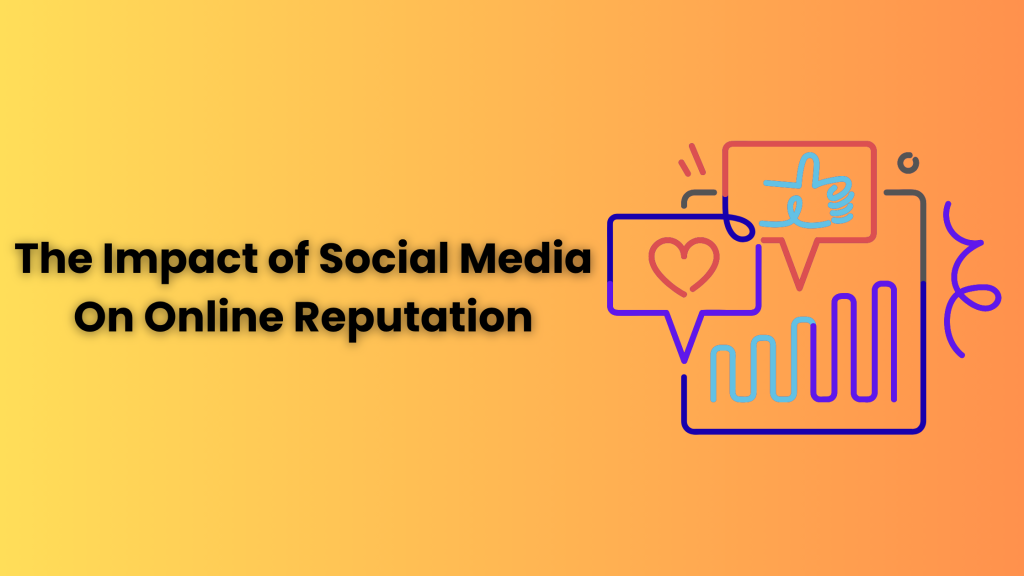
Social media is an integral part of everyone’s life in today’s day and age, with 5.24 billion users. It’s not only a place where people connect but also a place where businesses establish their presence and promote their services. However, if an effective and operational strategy is not planned, then it can hamper your business.
The reach of Facebook is 3.07 billion monthly active users, and 2.5 billion users on YouTube. This number shows us how social media has become an integral part of our lives. It has a huge impact on online reputation because it is the primary platform where brands engage with their audience.
In this article, we’ll learn why reputation management is important in social media and why you should monitor your online reputation. Also, learn some of the important online reputation management strategies!
Reputation Management in Social Media
Managing your brand’s online reputation via social media by interacting with current and potential customers about your services and products. It is a strategy of increasing the number of positive comments about your brand on social media and other platforms by monitoring and building a strong community.
Social media online reputation management can help your business grow in the long term. Just like an ineffective strategy can affect your brand’s revenue and awareness. Negative comments can change the purchasing decision of the buyers and may compel them to look for your competitors.
Hence, it is important to address negative reviews, provide solutions on time, and convert that review into a positive one. Your online reputation management in social media must help you in maintaining loyalty, trust, and your brand’s positioning. It is one of the deciding factors in the future of your business.
Why you should monitor your Online Reputation

Your online reputation is the perception of your brand in a buyer’s mind. According to a report, more than half of the online shoppers said that they conduct research on a brand online before purchasing from it. Here are some reasons why you should monitor your online reputation.
- Build Trust: A Positive online reputation helps in building credibility and trust with your customers. It makes them select your brand over your competitors. If there are more positive reviews regarding your product and service quality, then chances are buyers will buy from you.
- Negative Reviews: According to a study, ninety-five percent of people share their bad experiences online, while only eighty-seven percent share positive experiences. Monitoring your reputation helps in converting negative reviews into positive ones and maintaining a positive reputation. It also helps in preventing small issues from building up. On social media, a negative comment or online mention can also be considered a negative review.
- Customer Needs: One negative review online can cost up to 30 new customers if it isn’t countered with a positive review. Keeping track of what your customers are saying about your brand gives you real-time feedback. Negative reviews give constructive feedback to improve your services.
- Revenue: According to a study, companies with a rating of 1.1 to 1.5 have 33% lower revenue. Hence, having a good rating has increased your revenue. An average customer makes multiple searches and compares various products before making a purchase. If your brand has a positive reputation, then there is a good chance that customers will choose a product from your brand.
- Competition: Strong online reviews help in attracting new customers, which drives business growth and opportunities. It also helps in understanding where you stand in competition.
Social Media For Online Reputation Strategies

Here are some of the ways to increase online reputation using social media
- Real-Time Feedback: There are multiple social media platforms, such as Instagram, Facebook, X., with billions of active users on them. These platforms help in attracting active users to share their opinions in real time. It provides businesses with an opportunity to see the real-time reviews of the users. Positive reviews encourage others to make a purchase from you and share their experience. A proactive approach is to monitor and respond to these reviews. If not manually, you can deploy tools for it.
- Word-of-Mouth: Just like Word-of-Mouth marketing, social media marketing also promotes your business. It involves sharing positive experiences with your brand online. A satisfied customer’s review on Facebook can attract hundreds or thousands of others to buy your product. Considering this, your online reputation strategies encourage people to share more positive word of mouth. If the number of positive reviews overpowers the negative reviews, it can benefit your business in the long run.
- Transparency: Brand transparency can turn limited demand into overwhelming demand. Social media facilitates its platform to build transparency and clarity. Customers expect brands to share their practices, values, and how they respond to their bad experiences. They also see if businesses try to cover their mistakes by making a lie. It’s simple, your strategy must always be based on transparency and consistency. Always admit your mistakes and resolve the issue. Customers appreciate genuine responses. Reward the happy customer and pacify the angry customer.
- Influencer Marketing: Influencer marketing is very popular nowadays. When an influencer shares a positive view of your product on social media, it makes a huge impact on your brand’s reputation. Their positive reviews help in attracting millions of users. Your strategy should be constructive. Choose an influencer that fits your brand’s identity and values. Avoid associating with controversial influencers as it can harm your brand’s reputation.
- Brand Advocacy: Social media allows you to advocate for your brand while nurturing a sense of community. You can engage with customers and build a loyal relationship with them. You can allow customers to scan a QR code on purchase, directing them to their Google My Business Profile. Reputation management aims at building positive relationships with customers. Use exclusive content that users like and connect with your brand.
- Crisis Management: The need of the hour is to respond quickly, especially when the matter is sensitive. No action or response can escalate the situation on social media. In such a case, you must have a recovery plan that handles the situation efficiently with effective communication. Communication clearly without spreading misinformation or addressing important concerns by taking appropriate action.
In this digital landscape, customers actively engage with a brand on various digital channels, with social media becoming the most preferred medium of communication. By utilising Lumia 360’s social media marketing strategy, you can invest in this trend by actively engaging with customers across various platforms. It ensures a consistent and engaging user experience. To know more about our services, email us at info@lumia360.com or call 514-668-5599.
Read Also: The Importance of Review Management for Local SEO



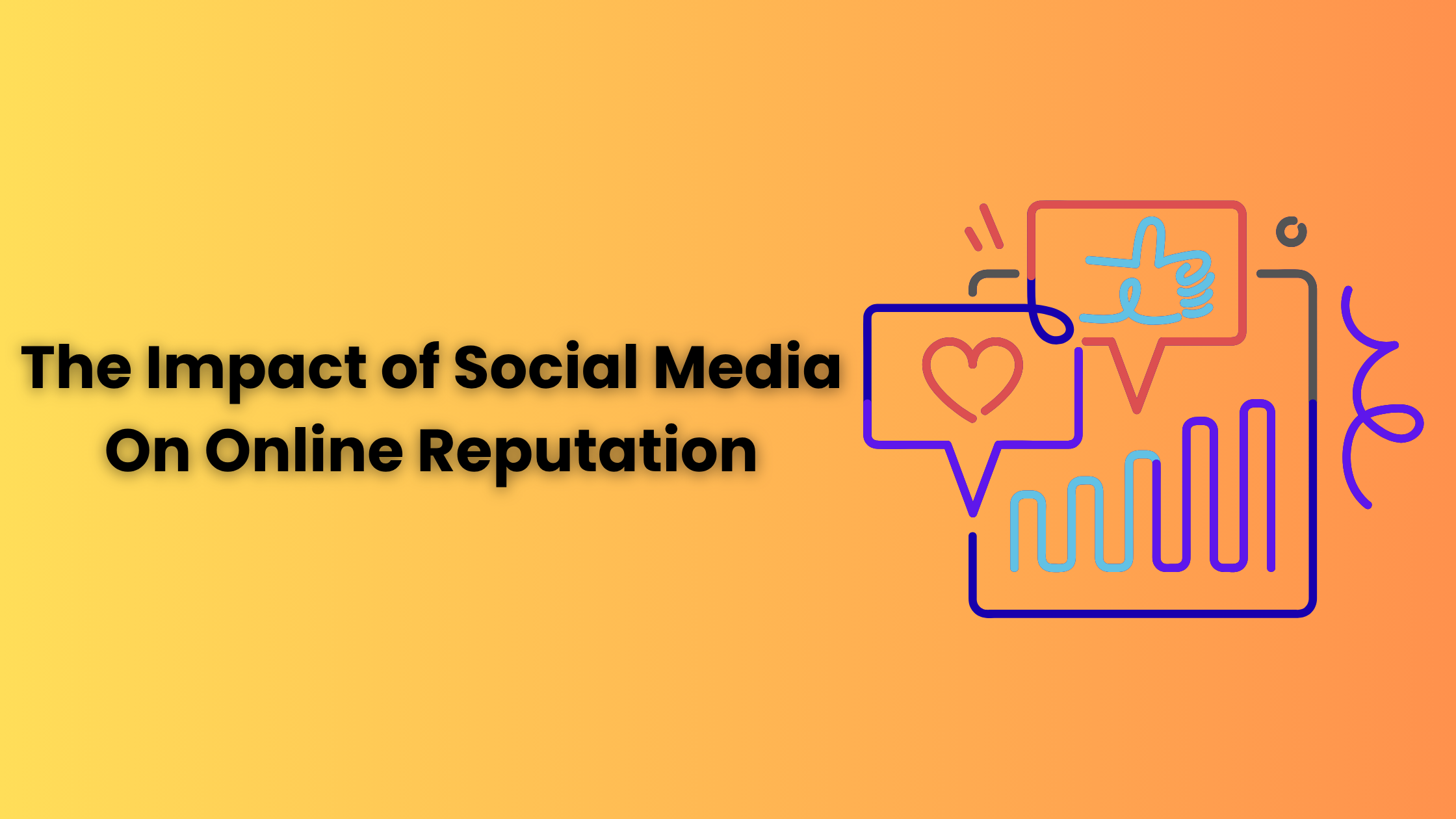
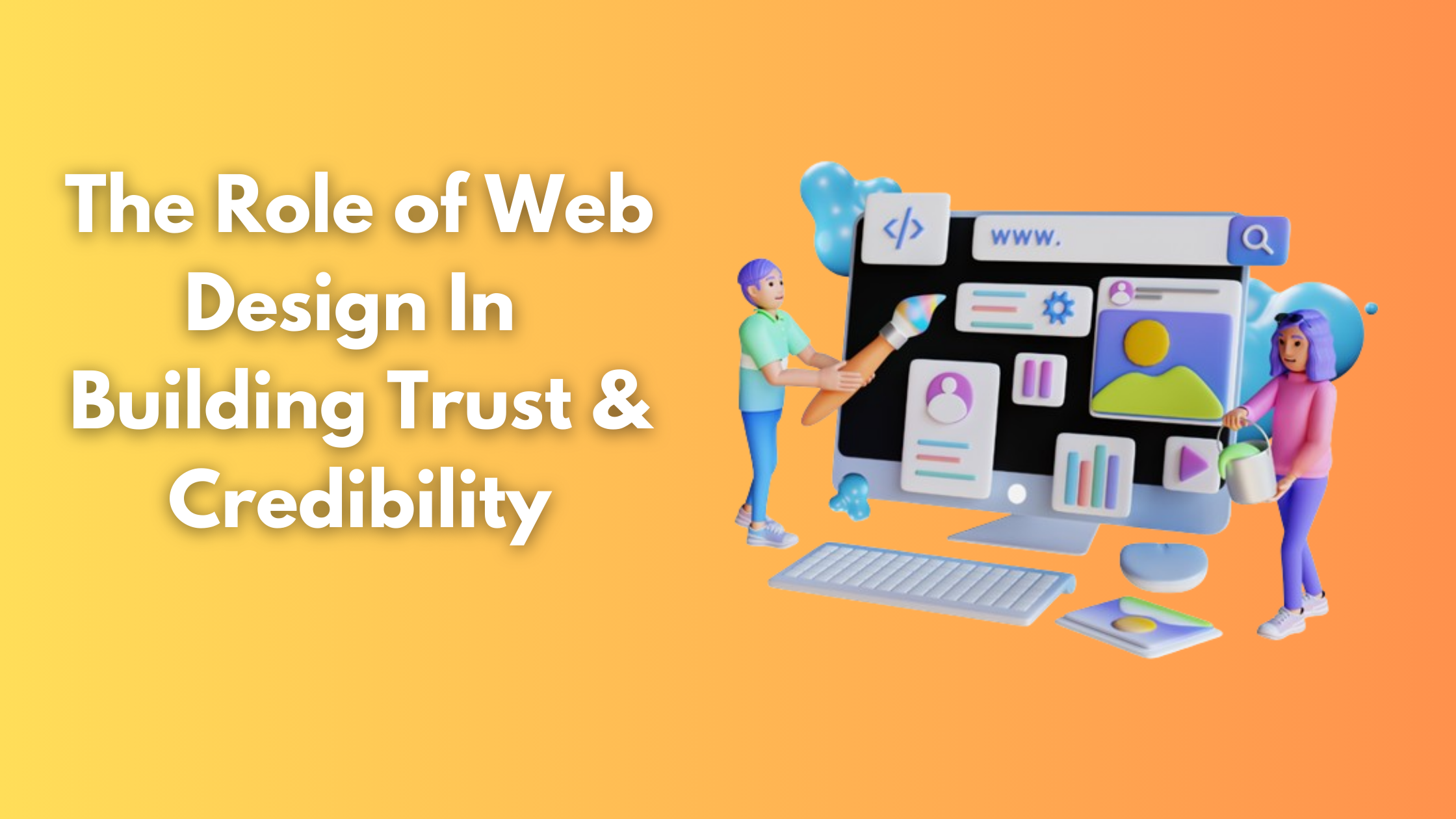
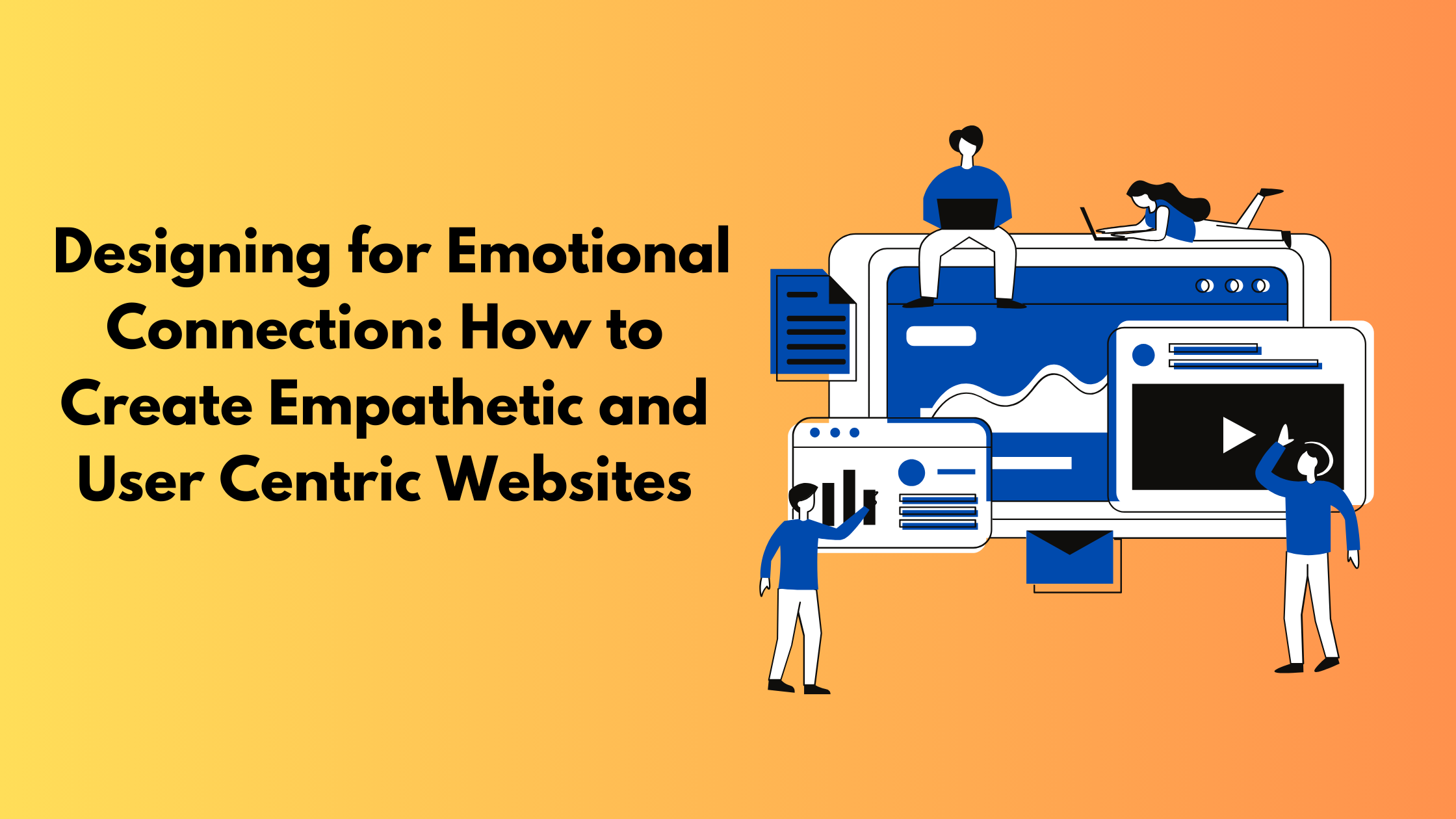
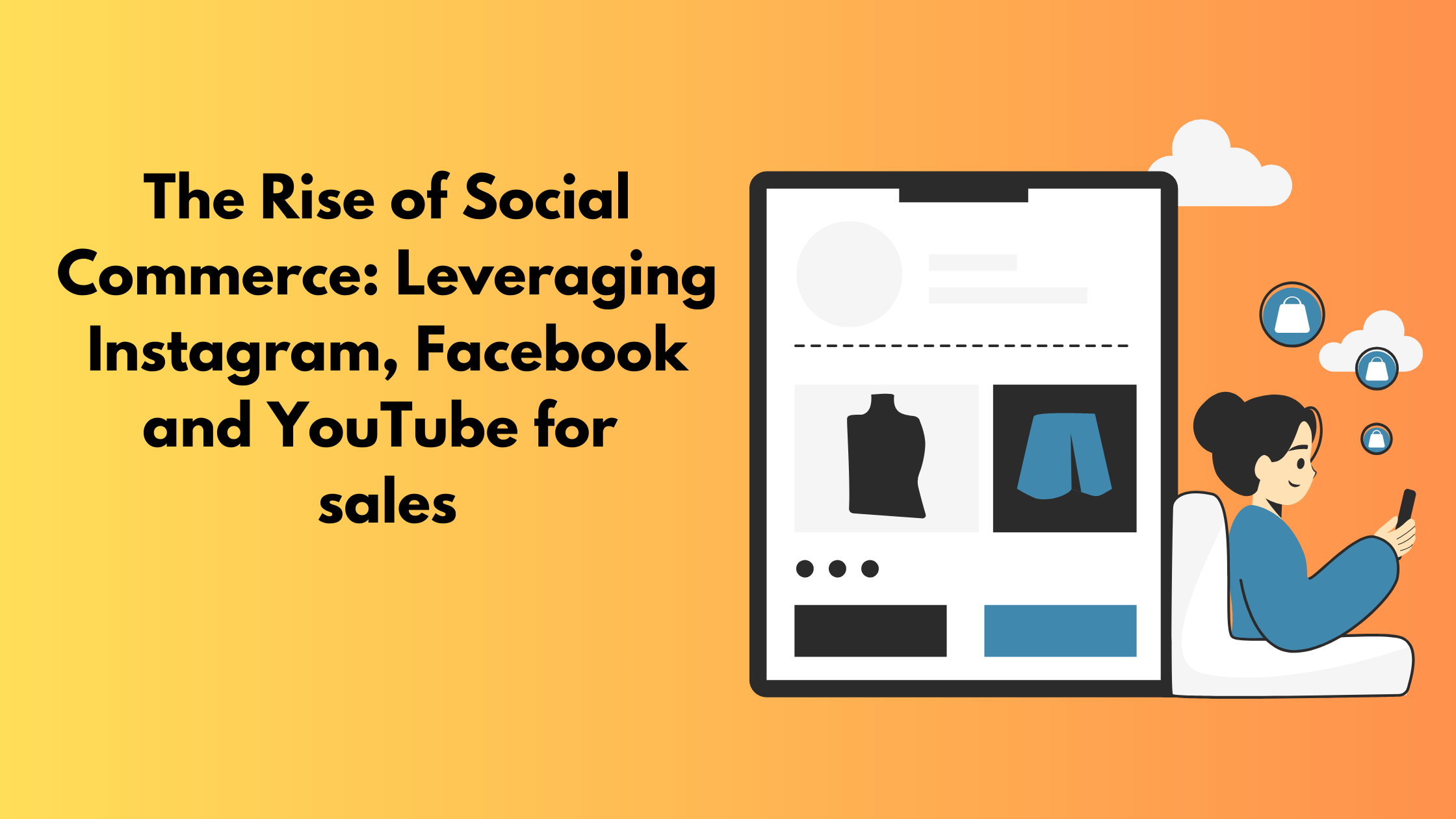

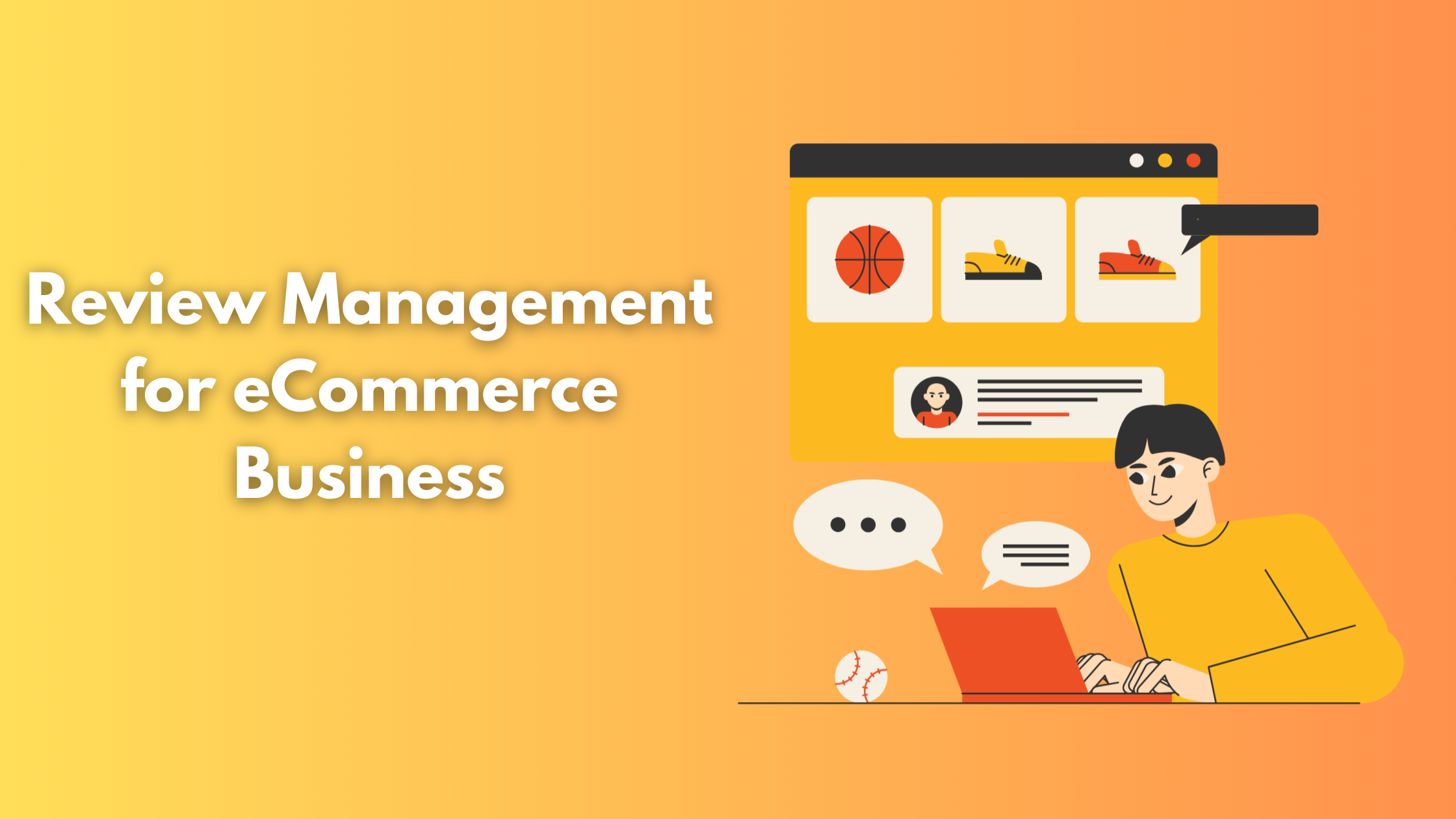


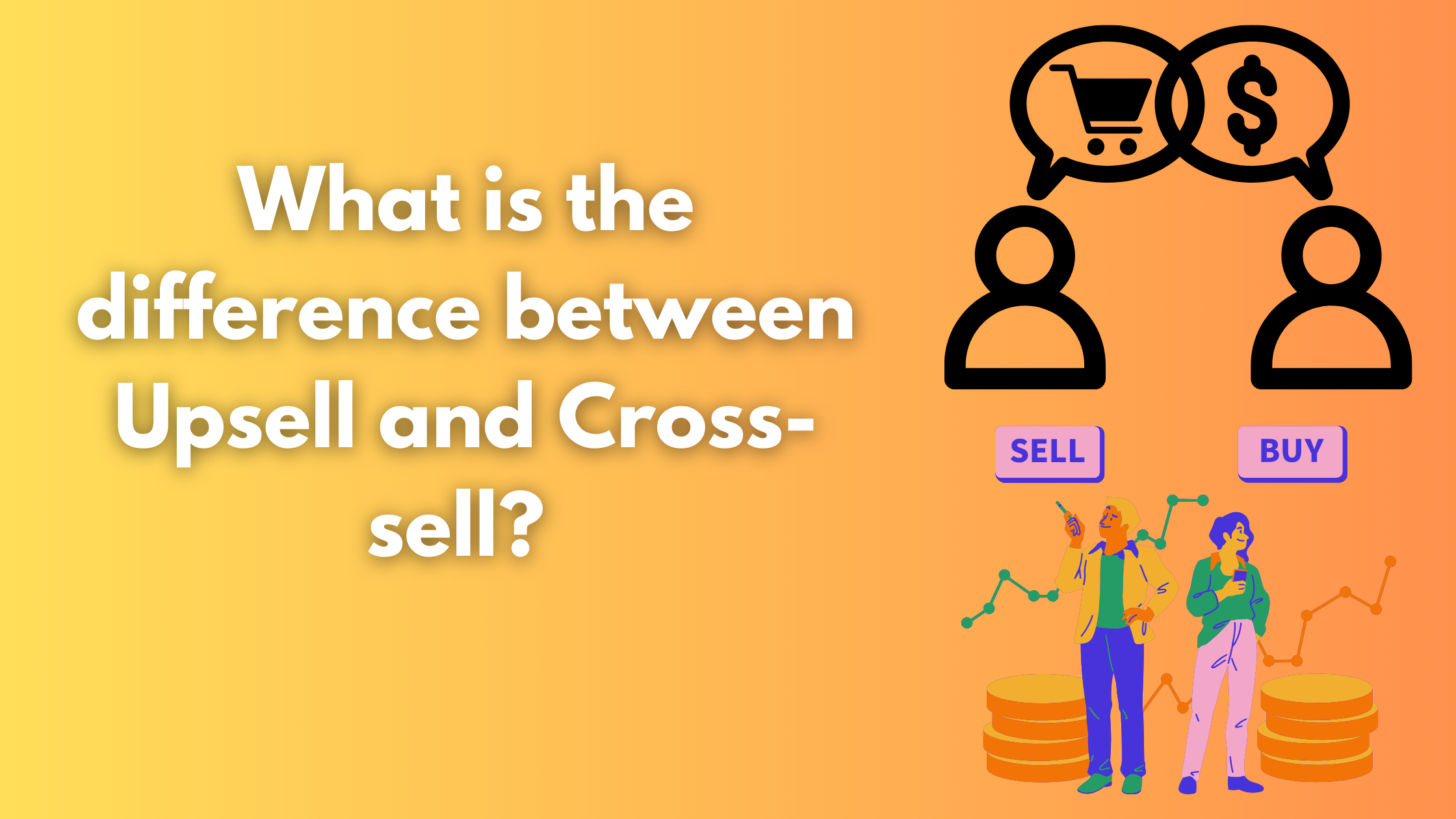

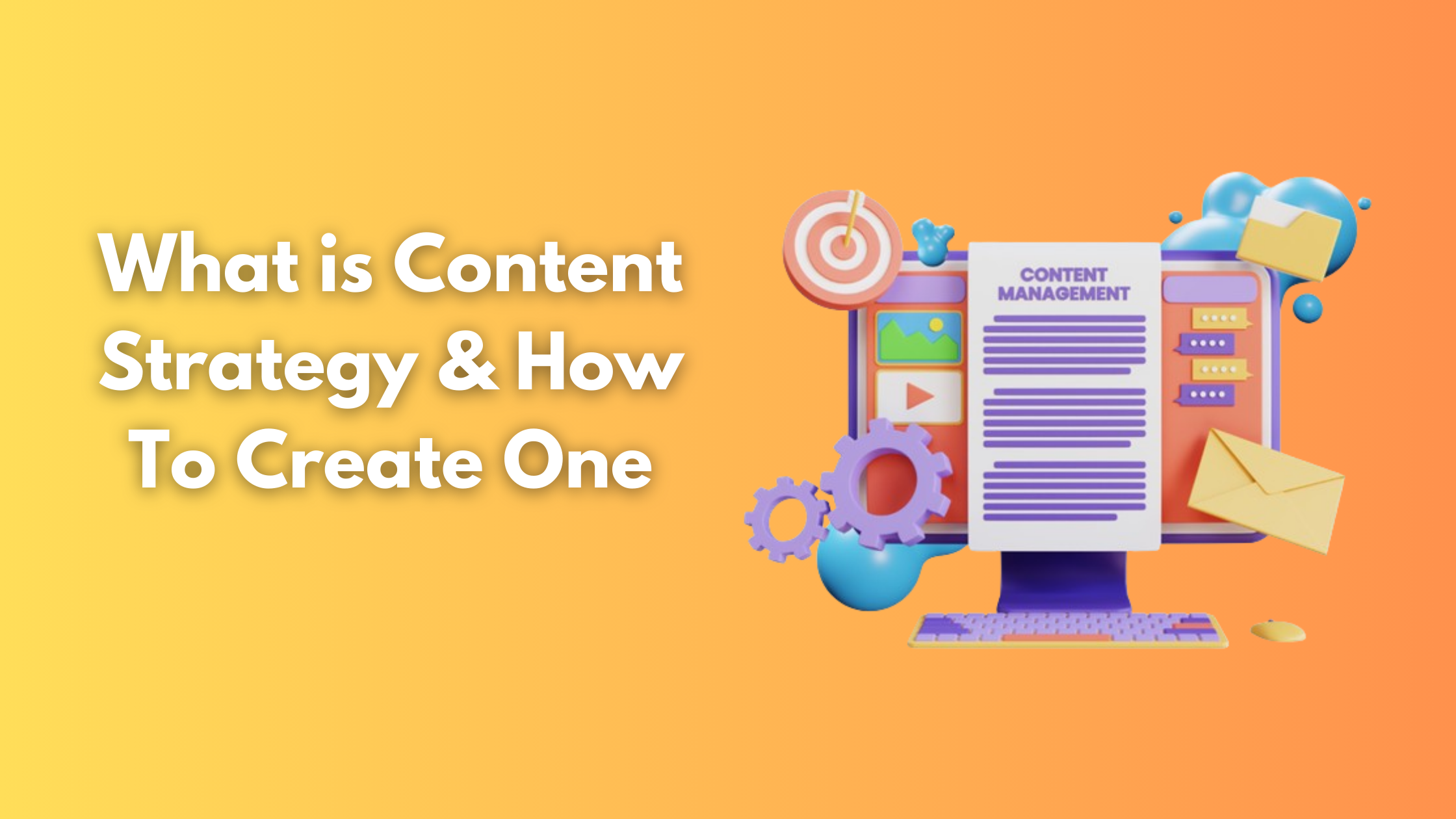
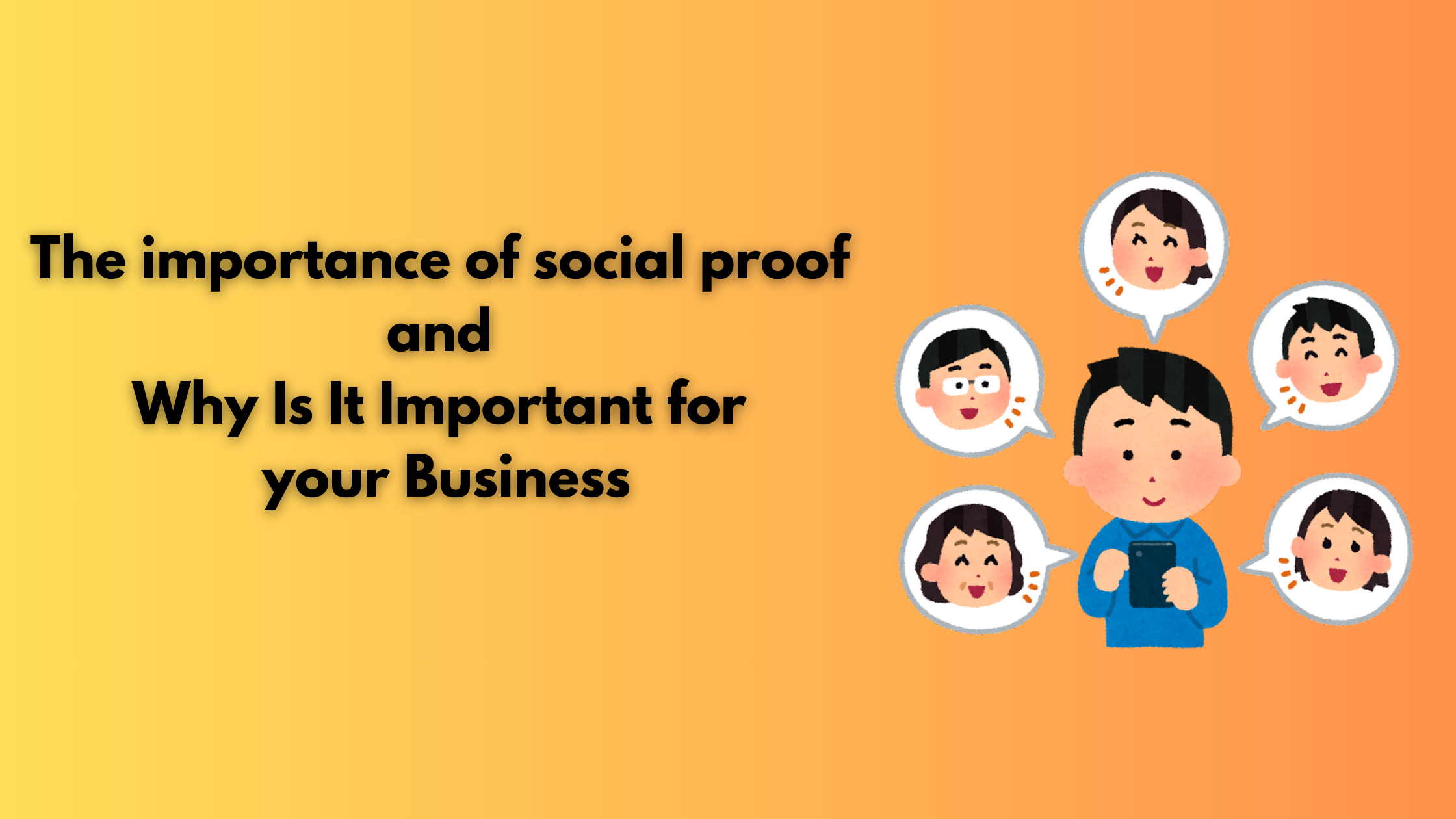
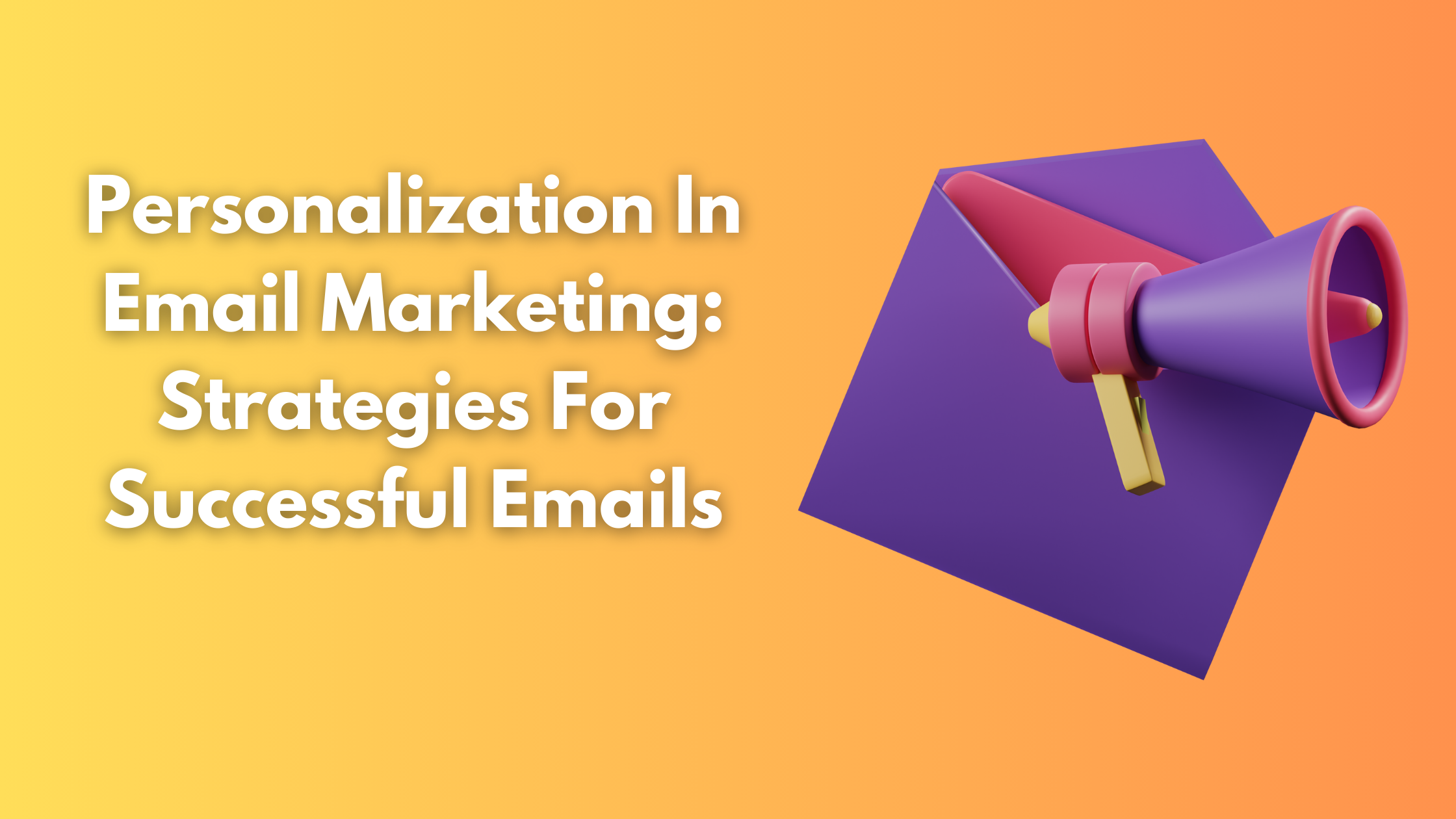



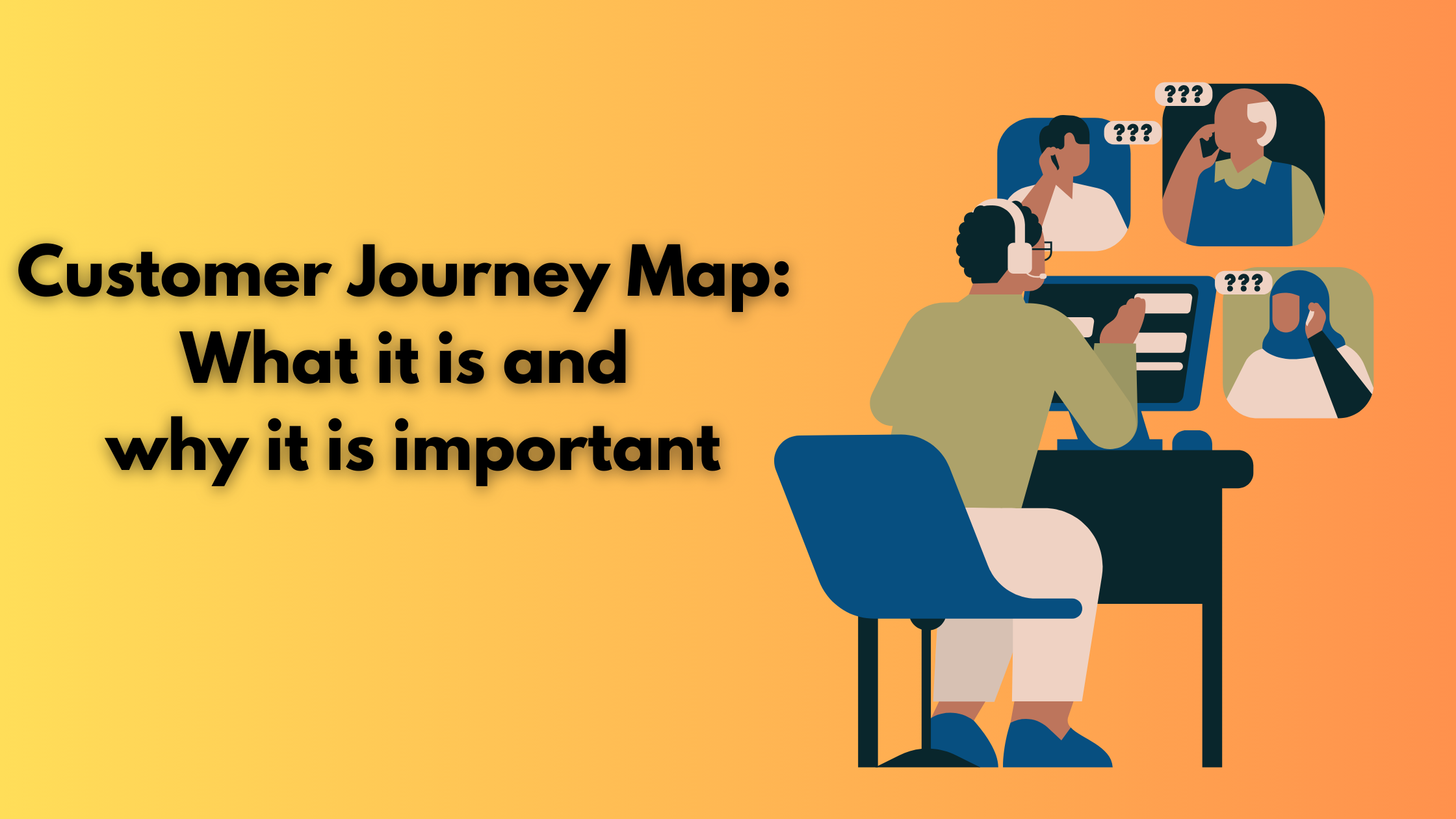
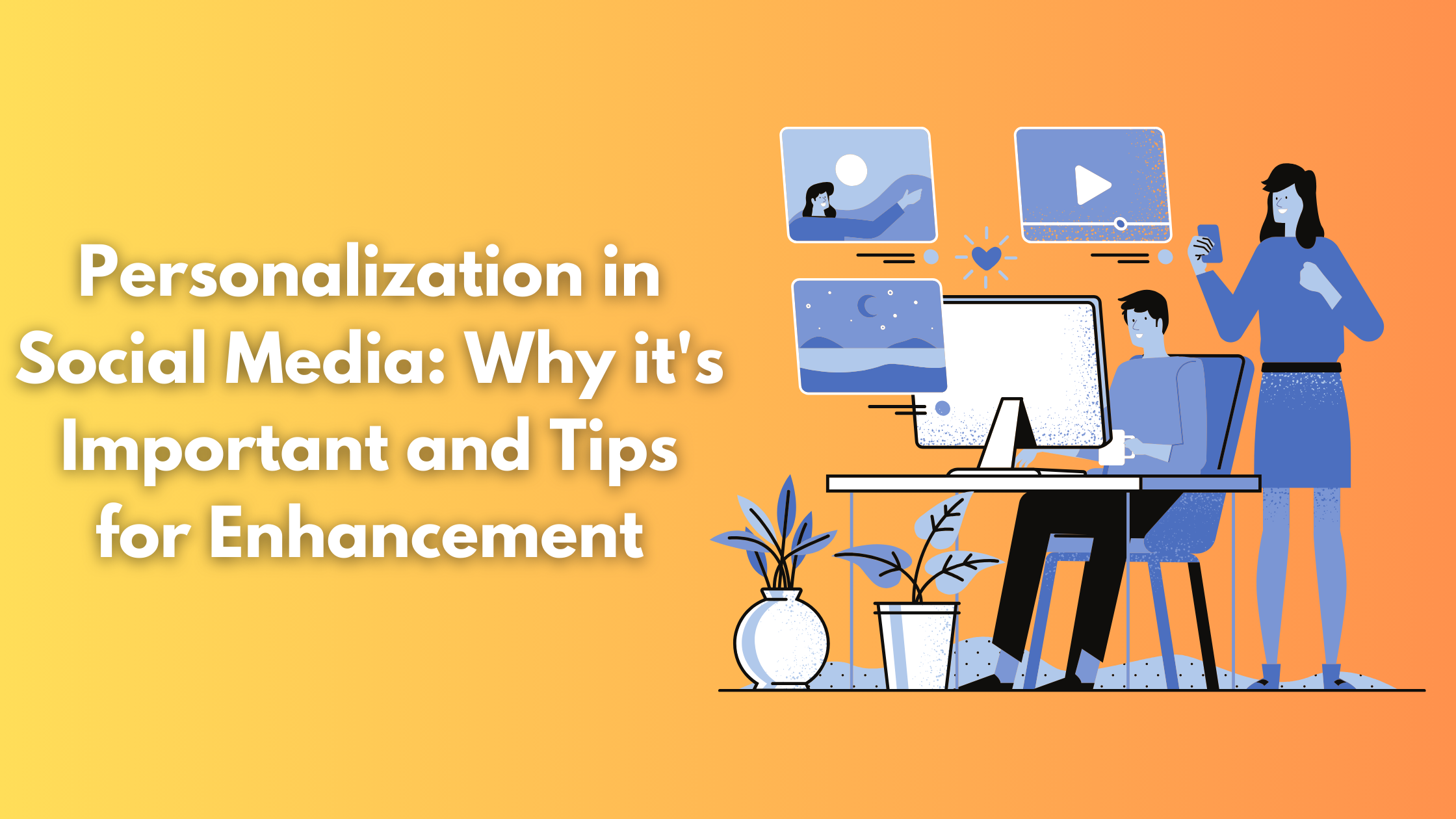
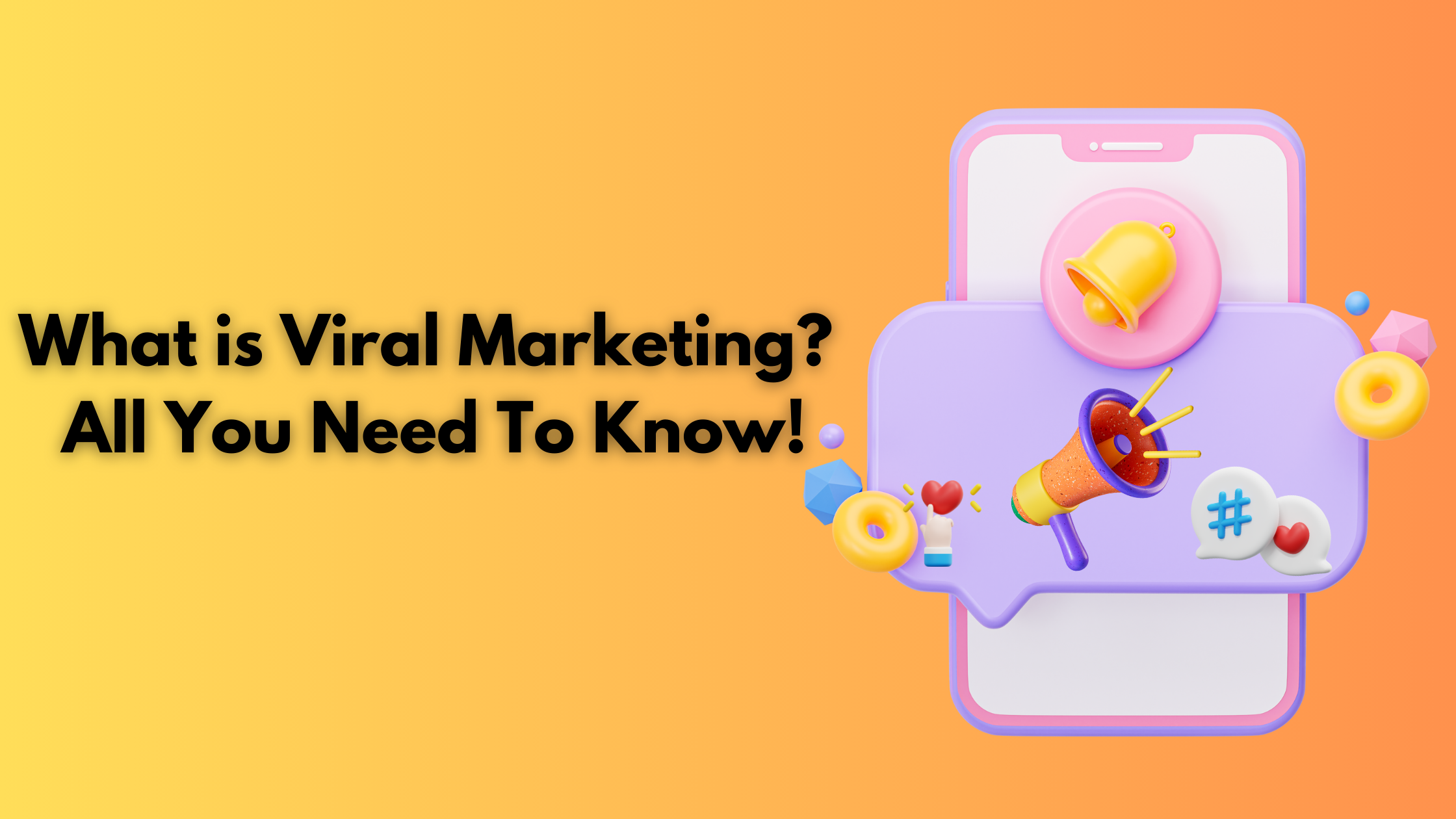


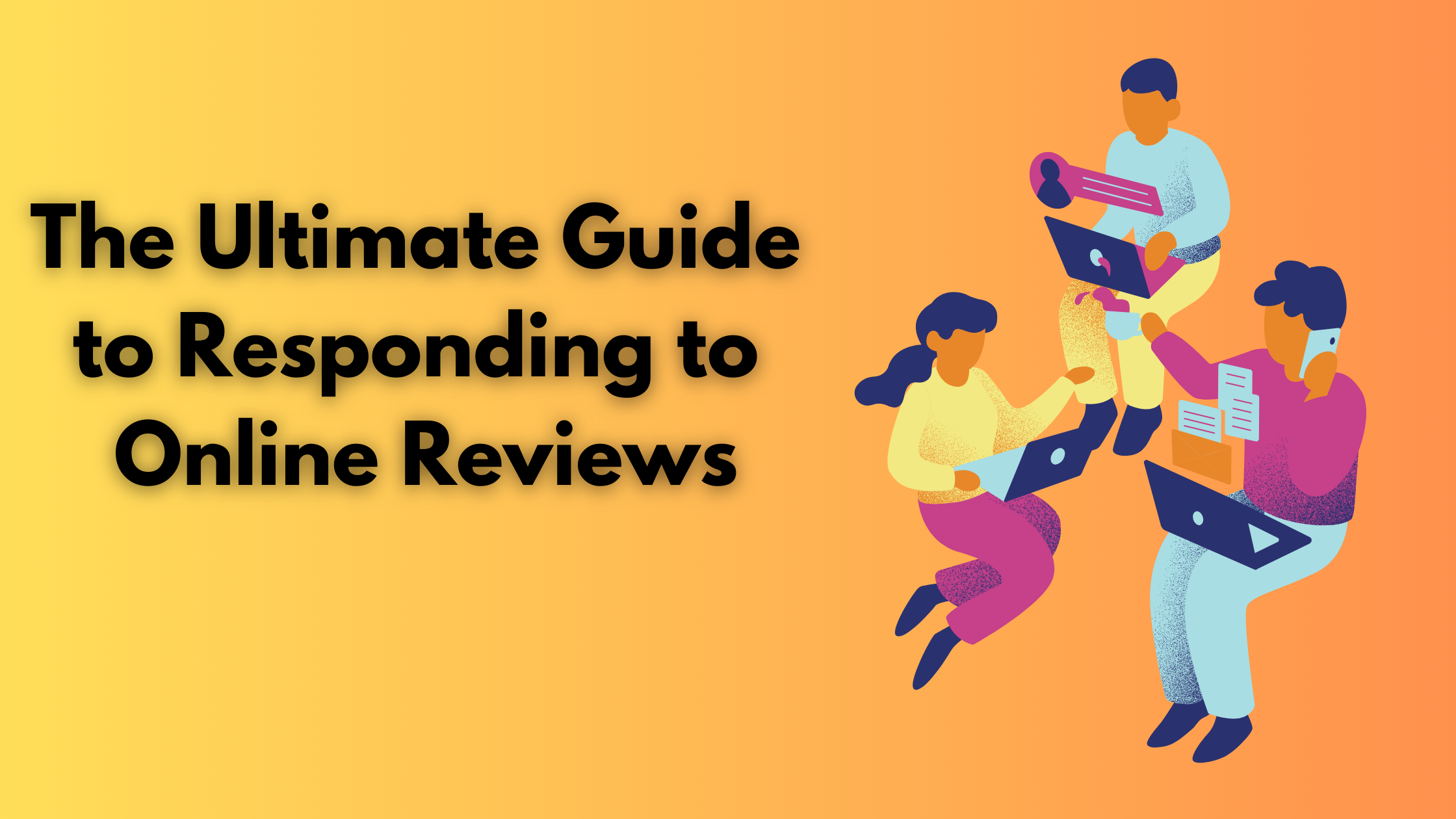
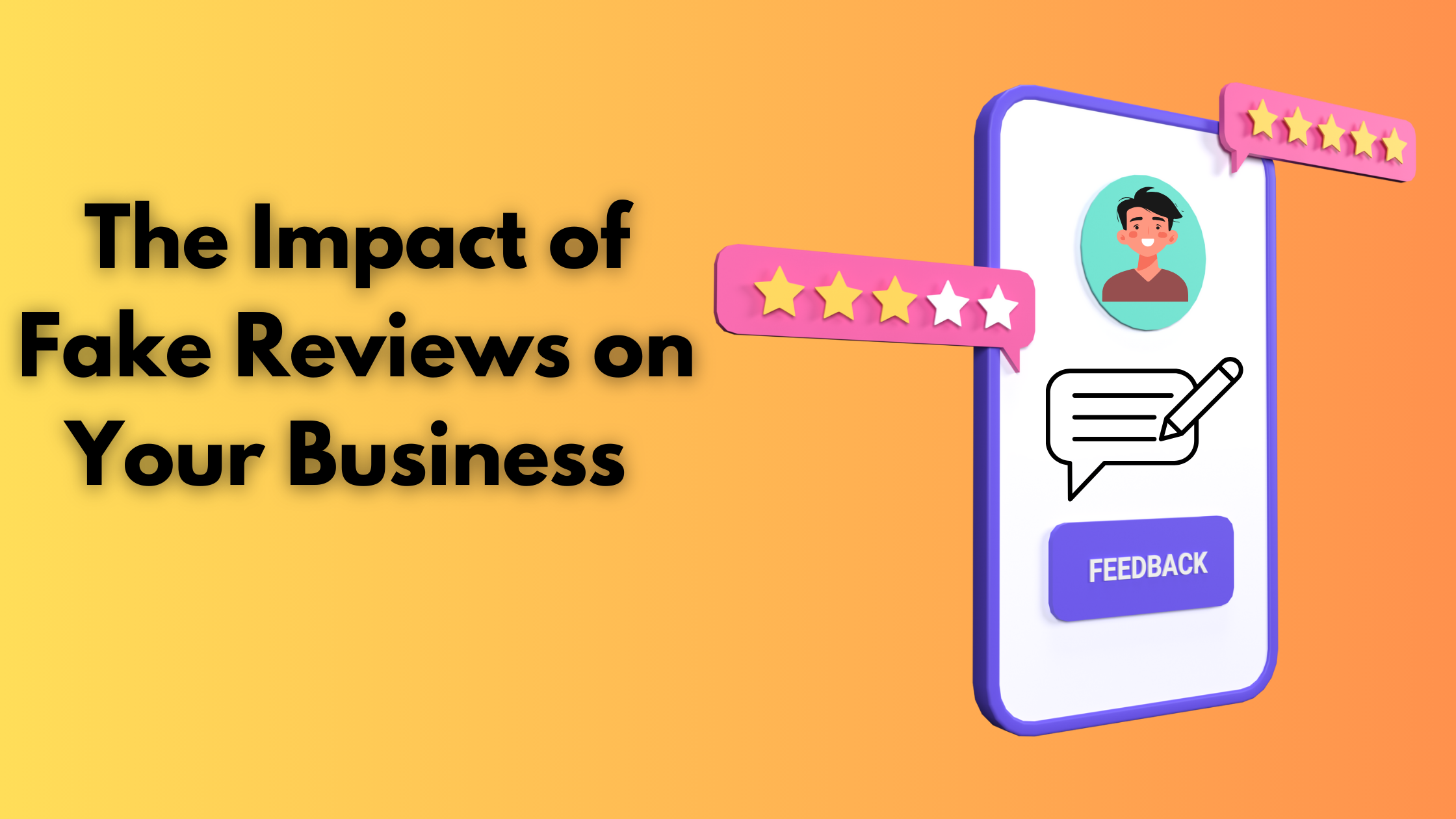





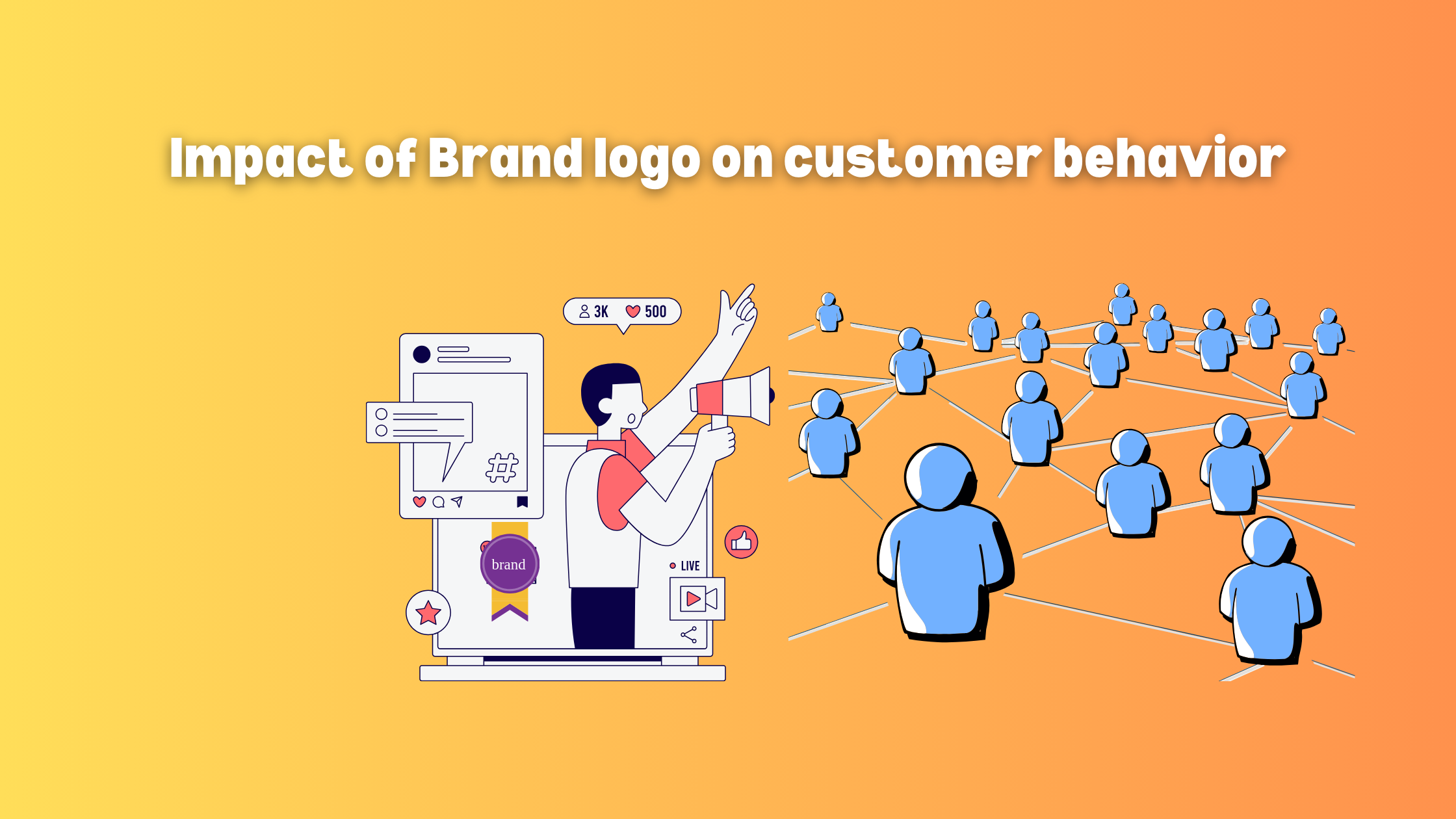

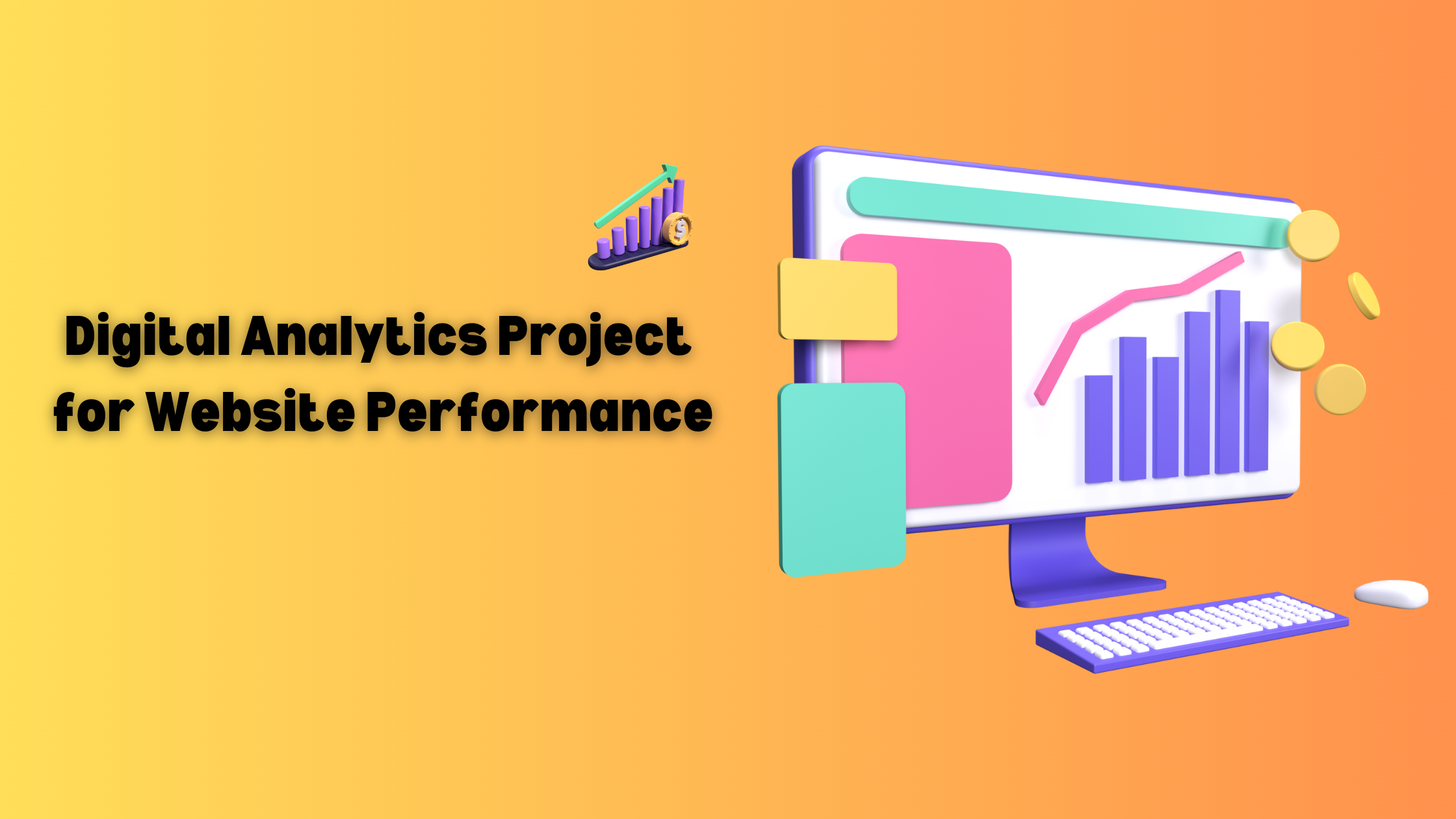






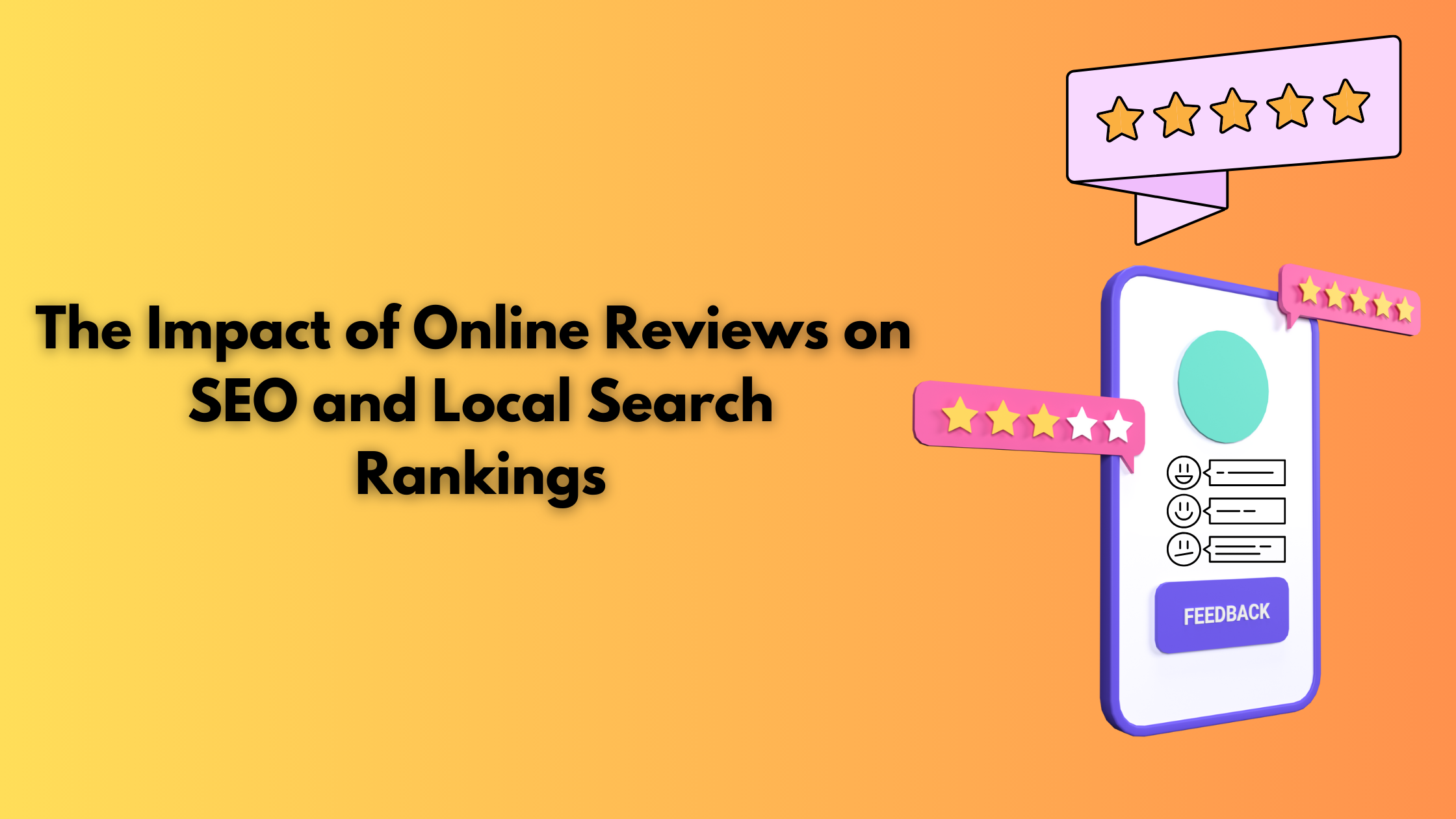
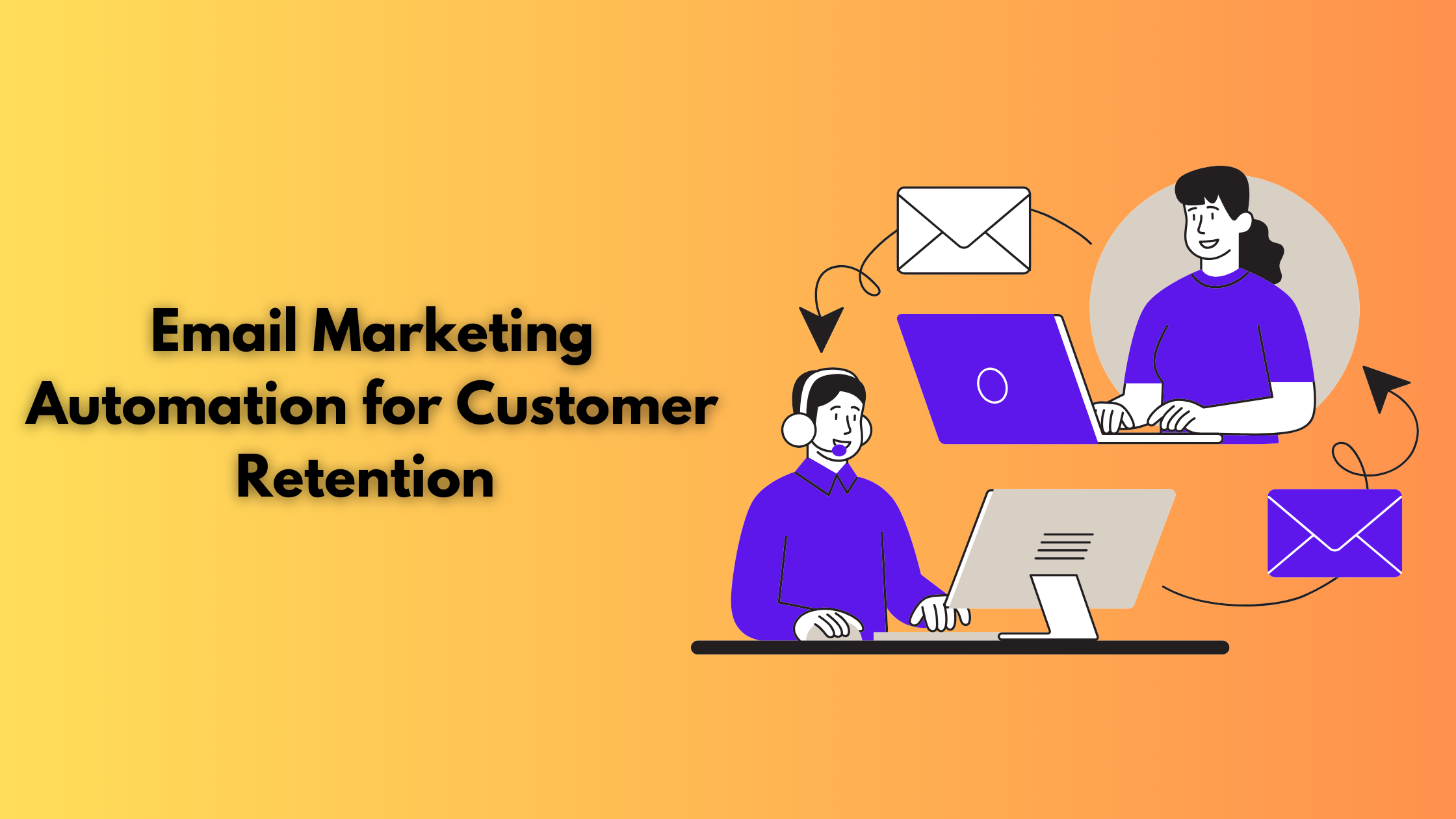
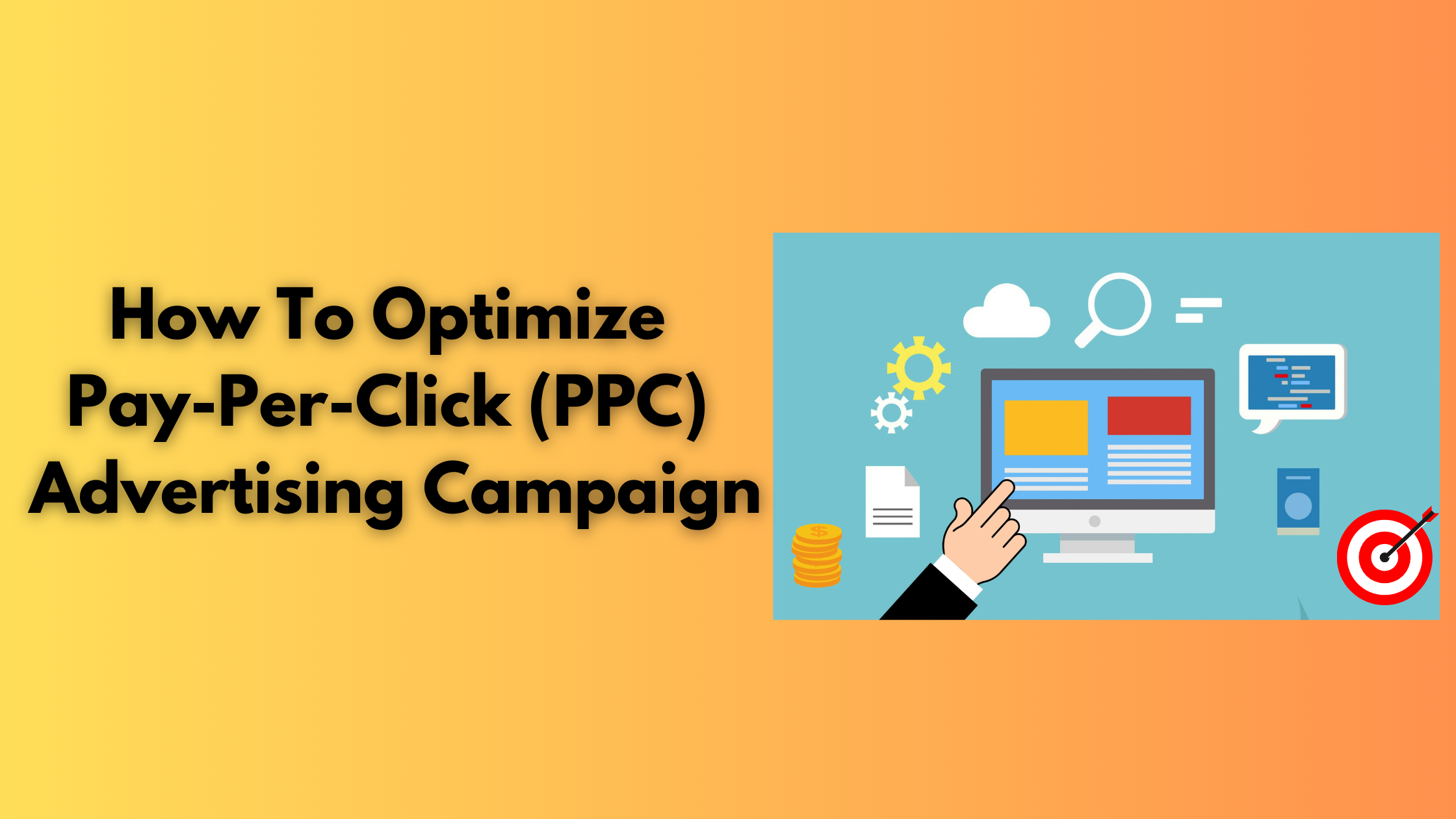
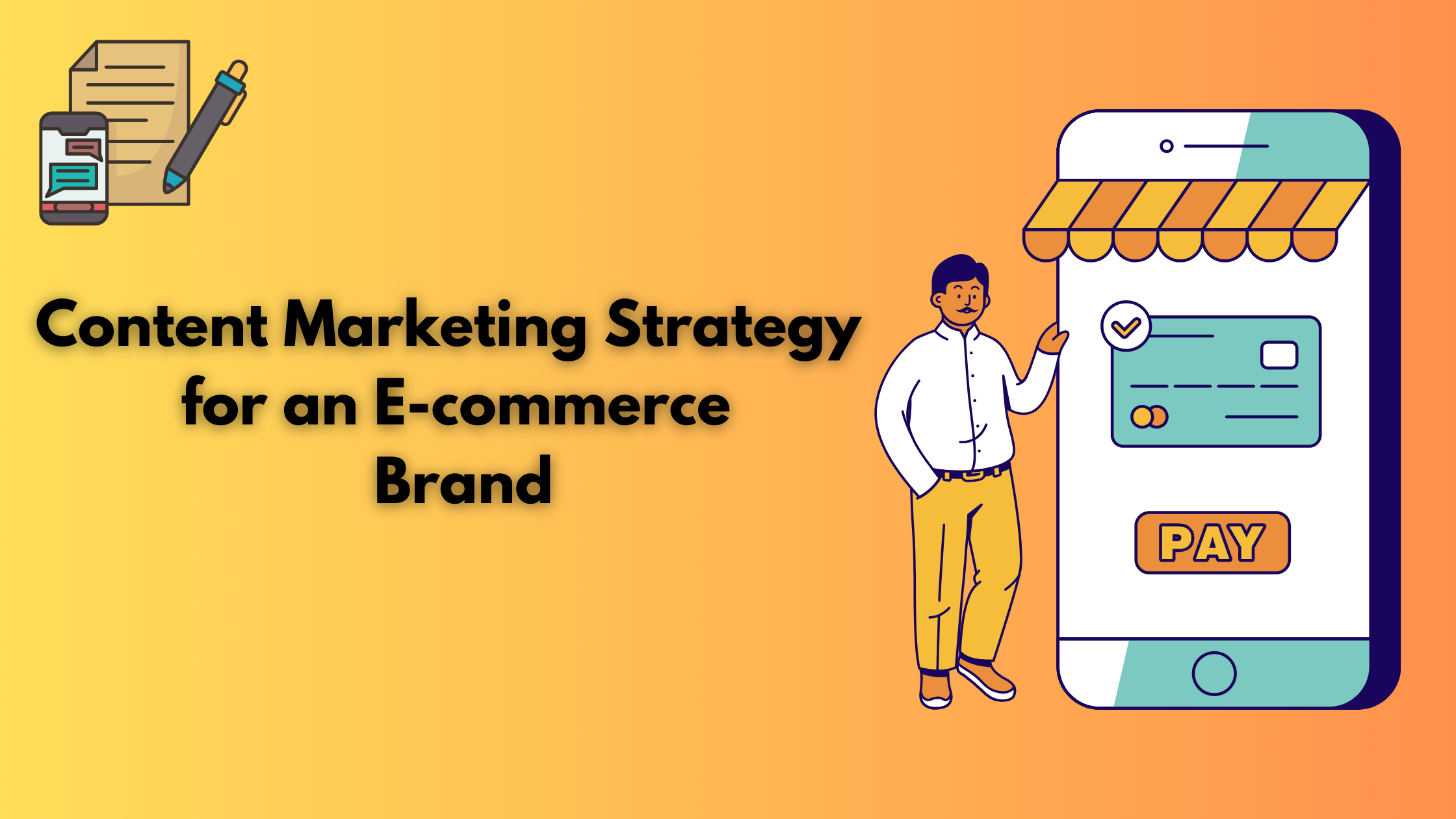


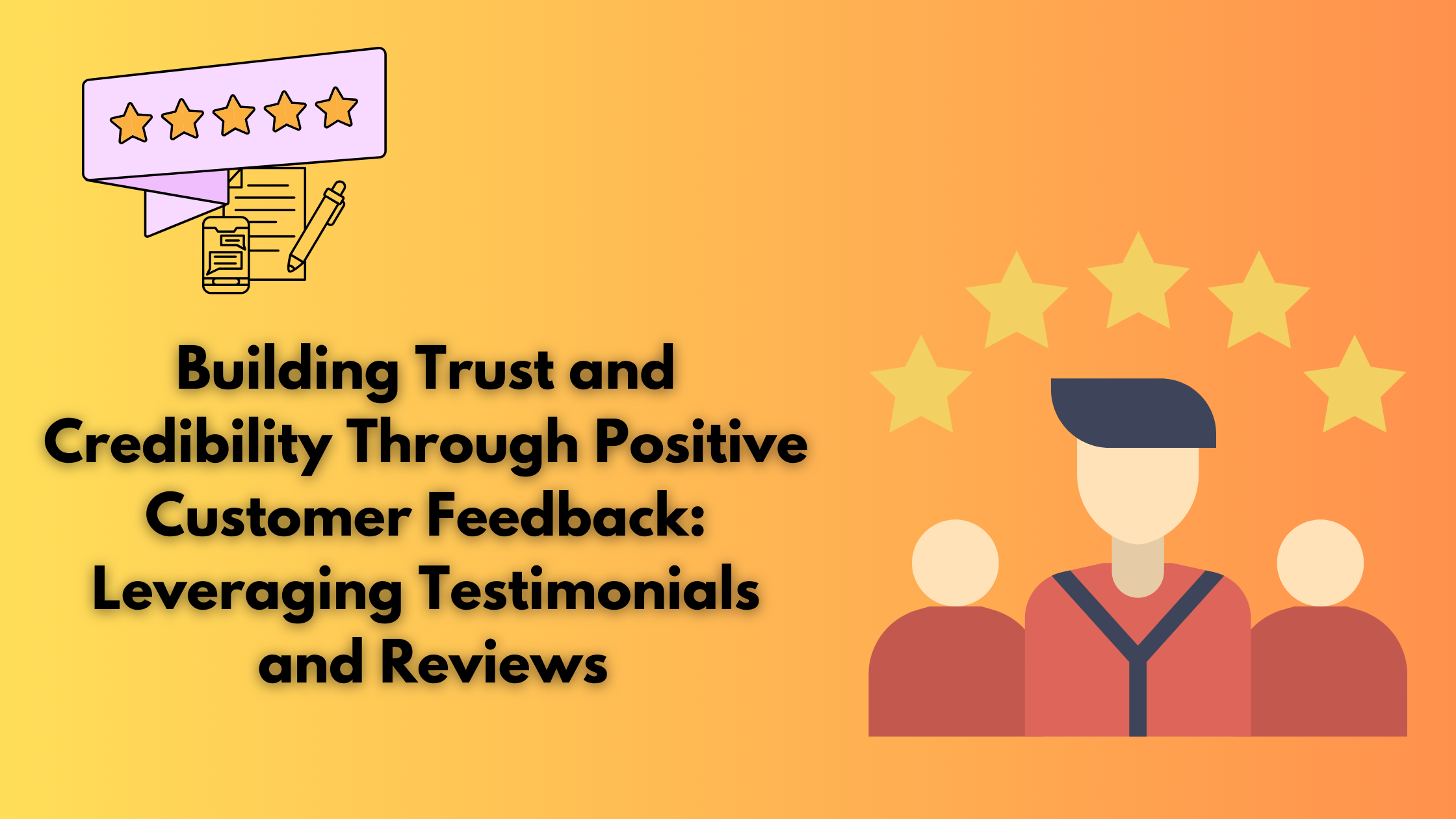
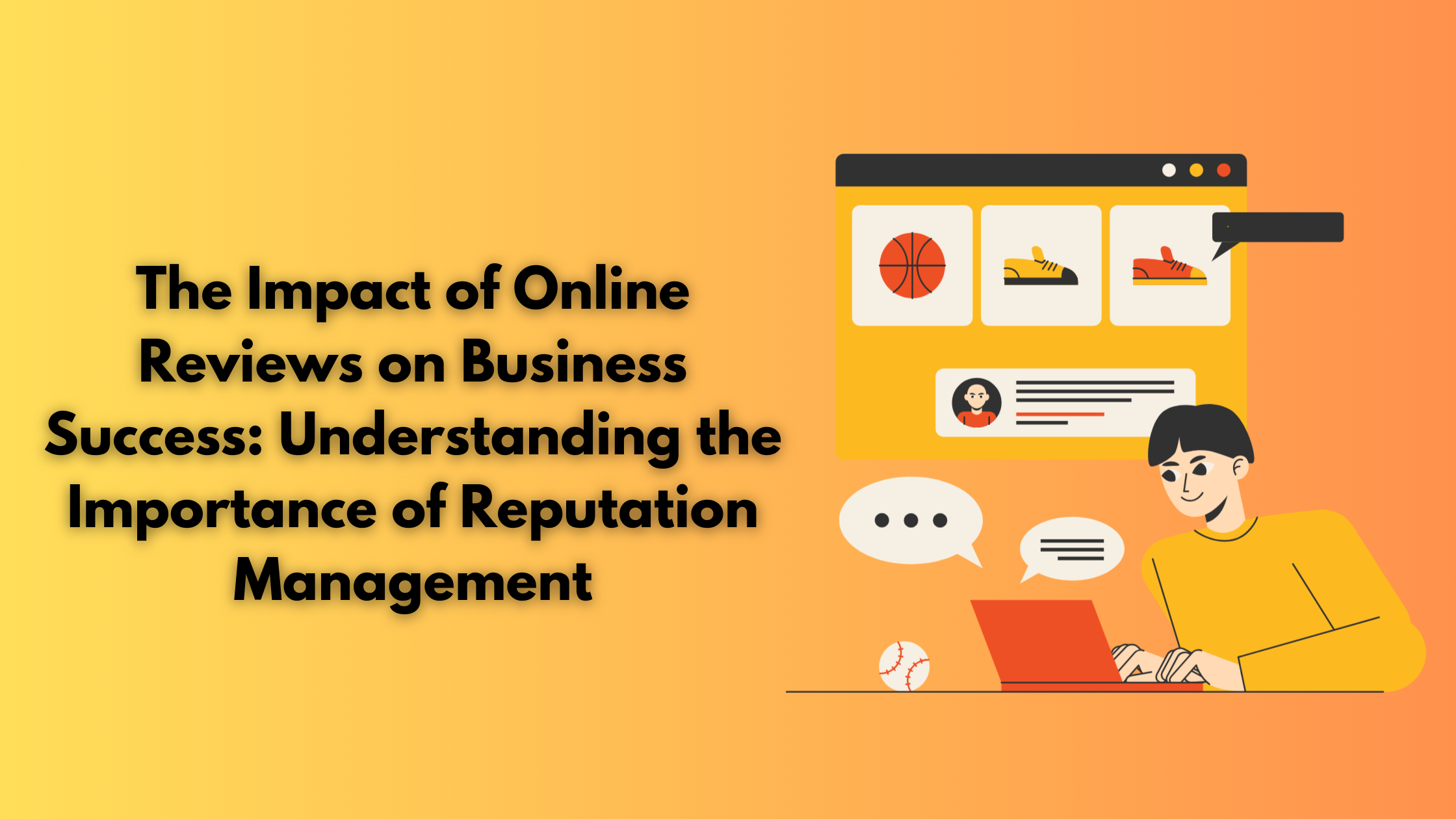



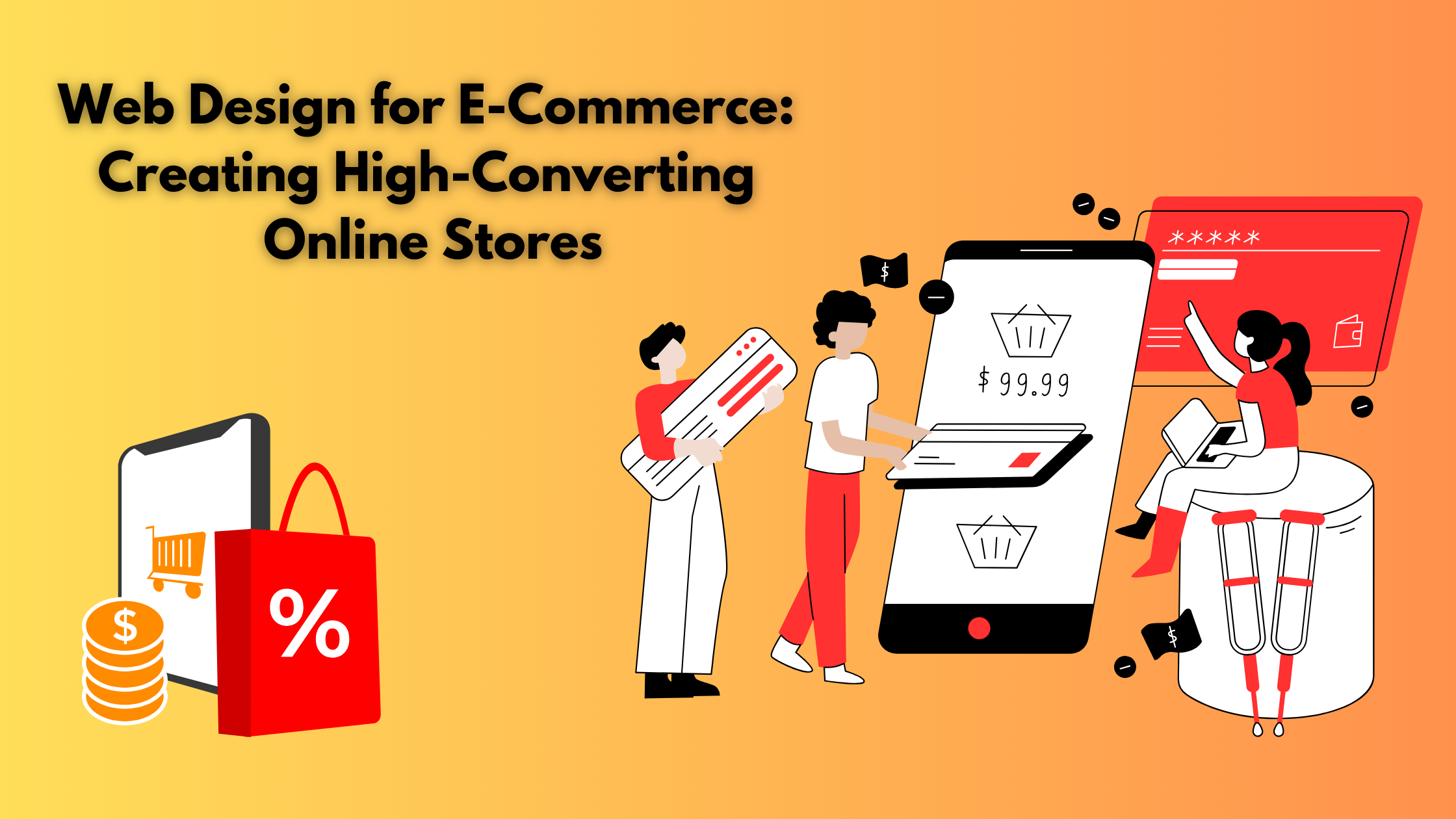


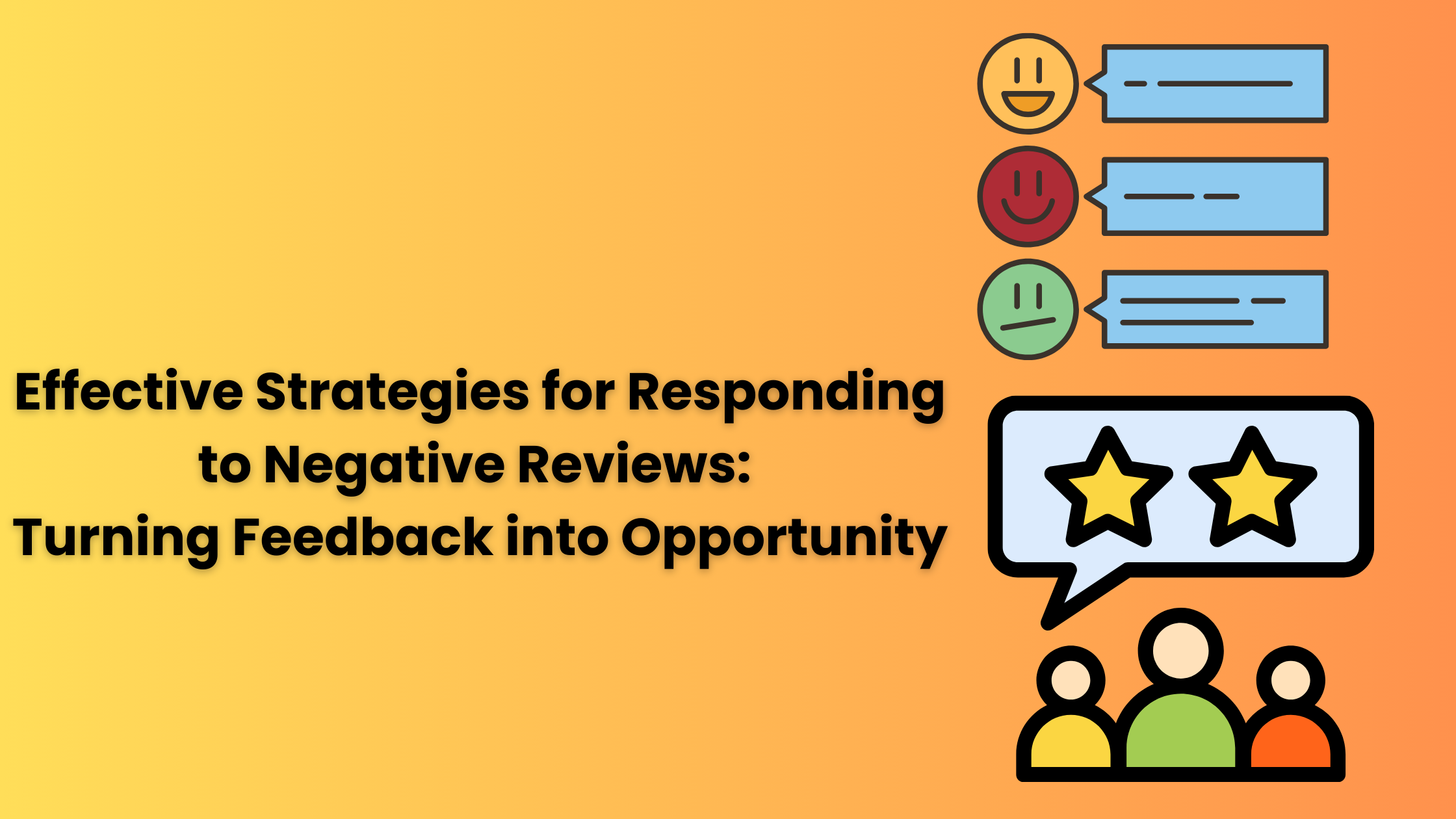
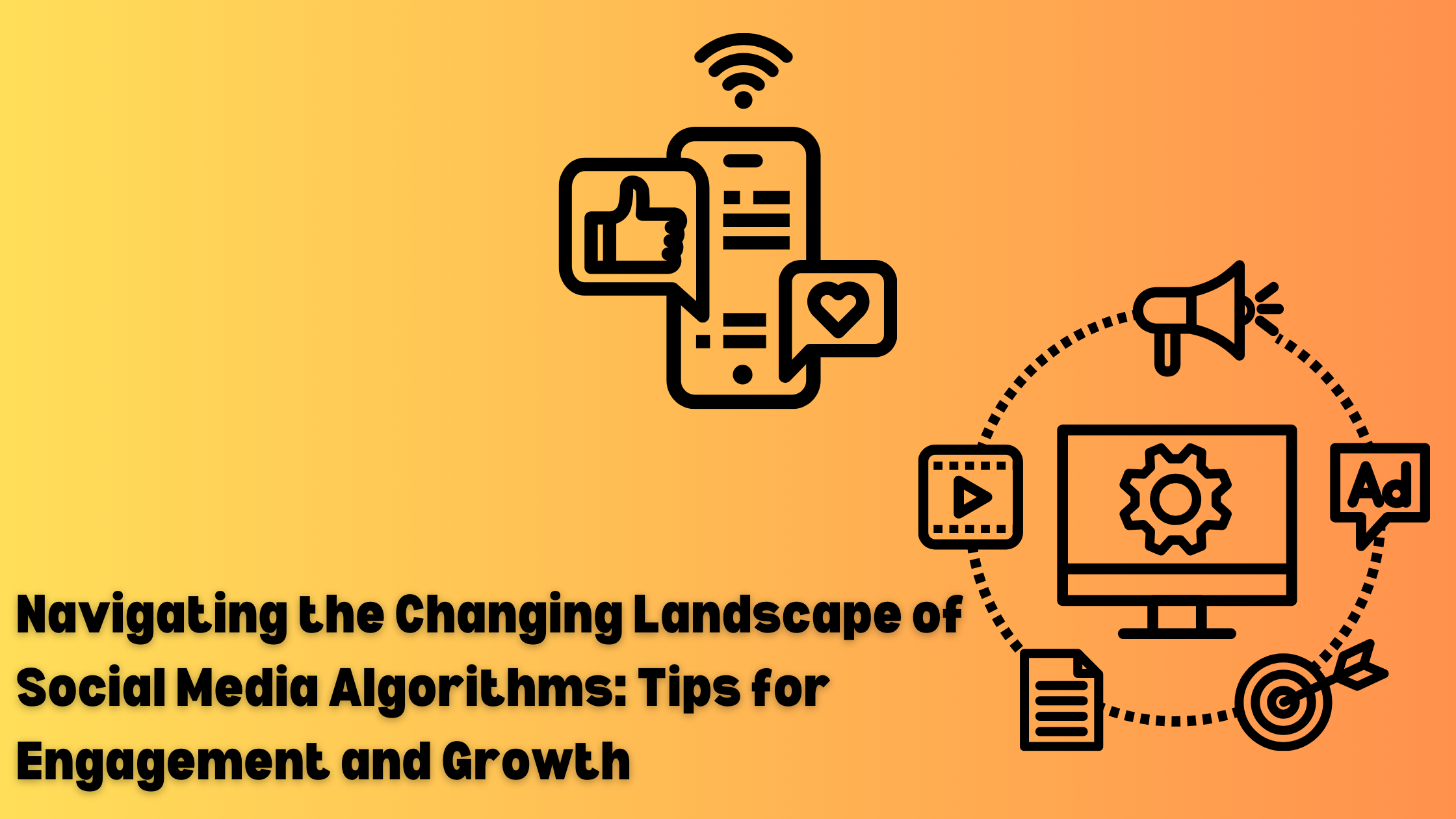


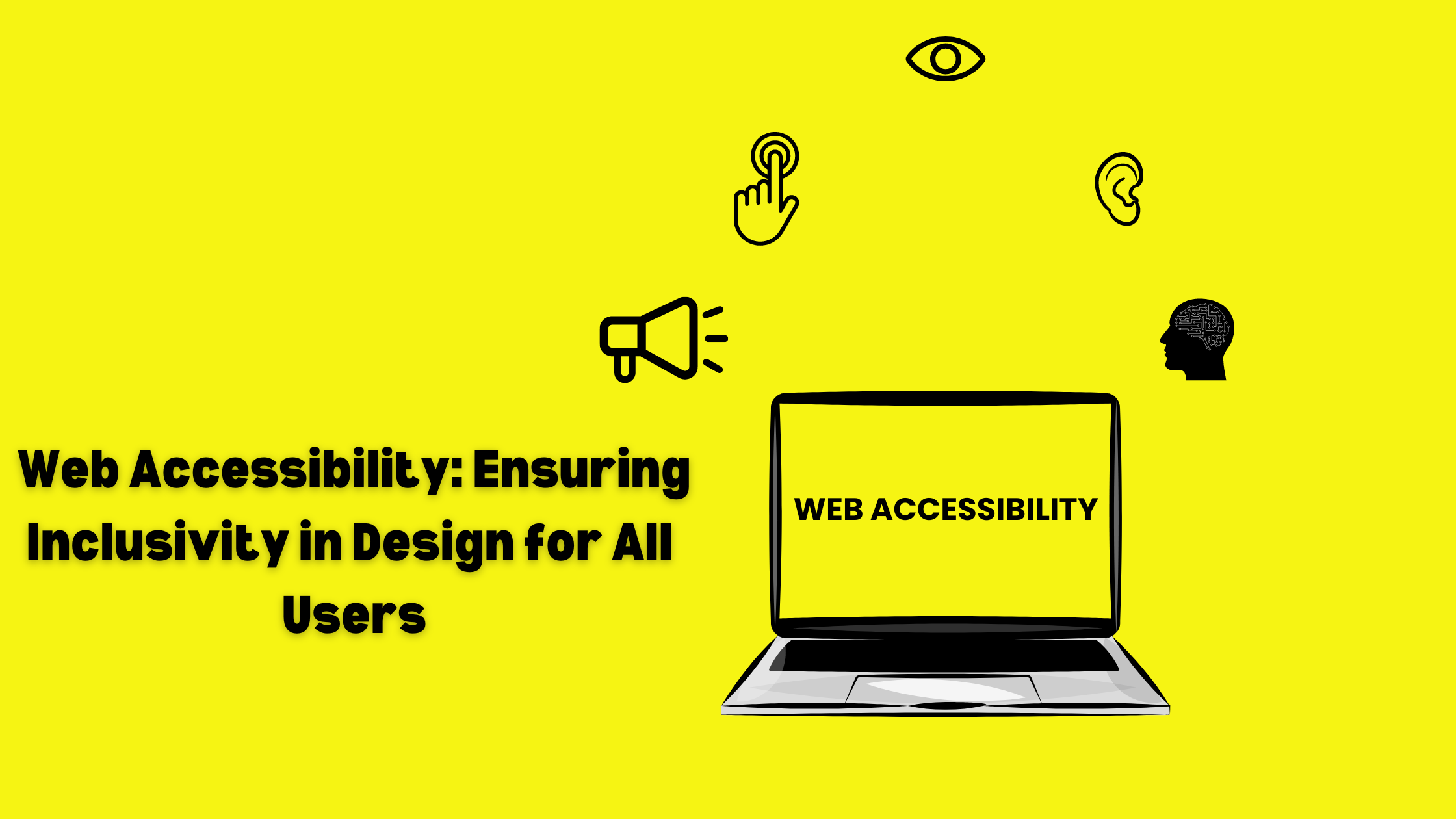

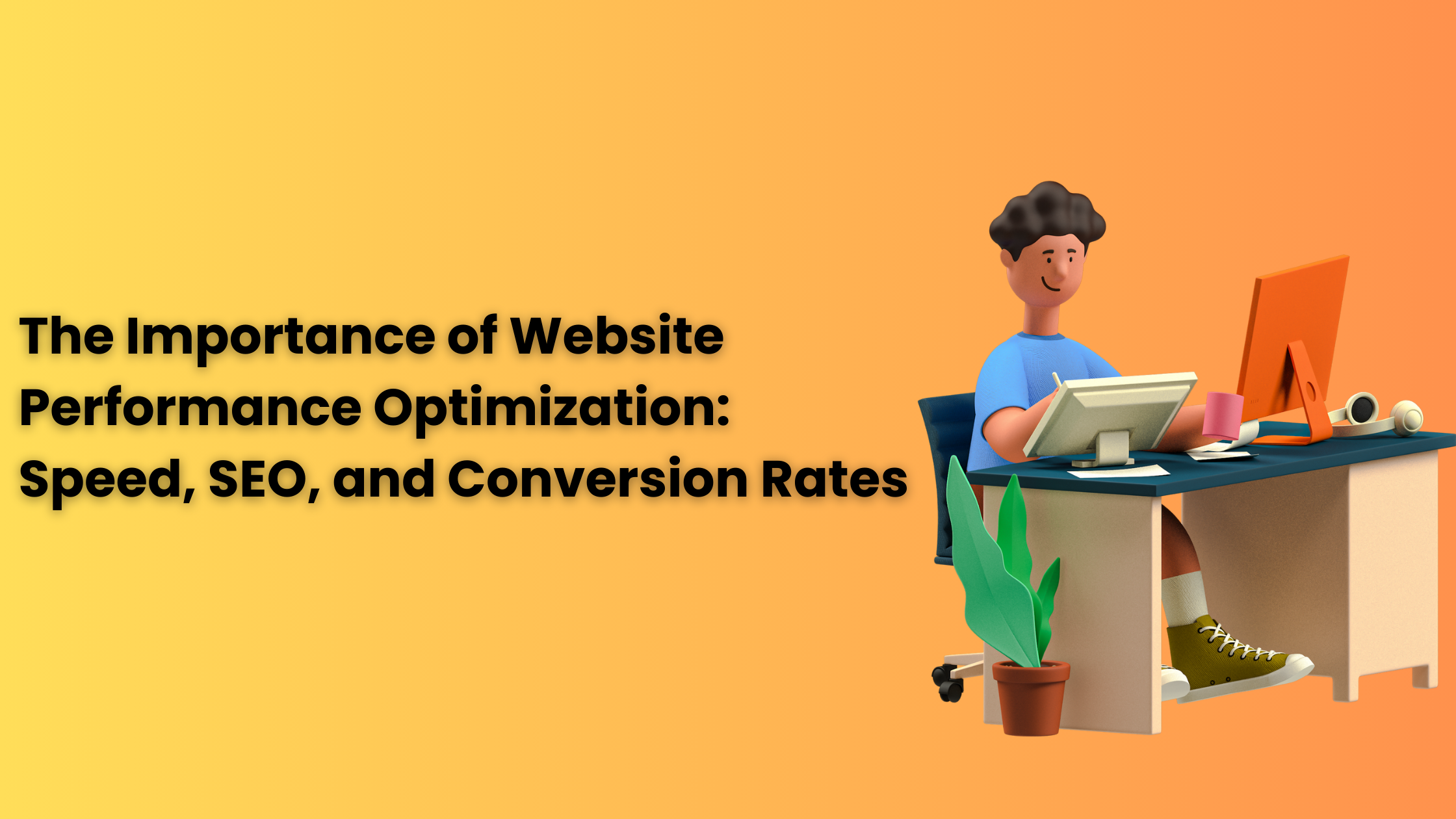



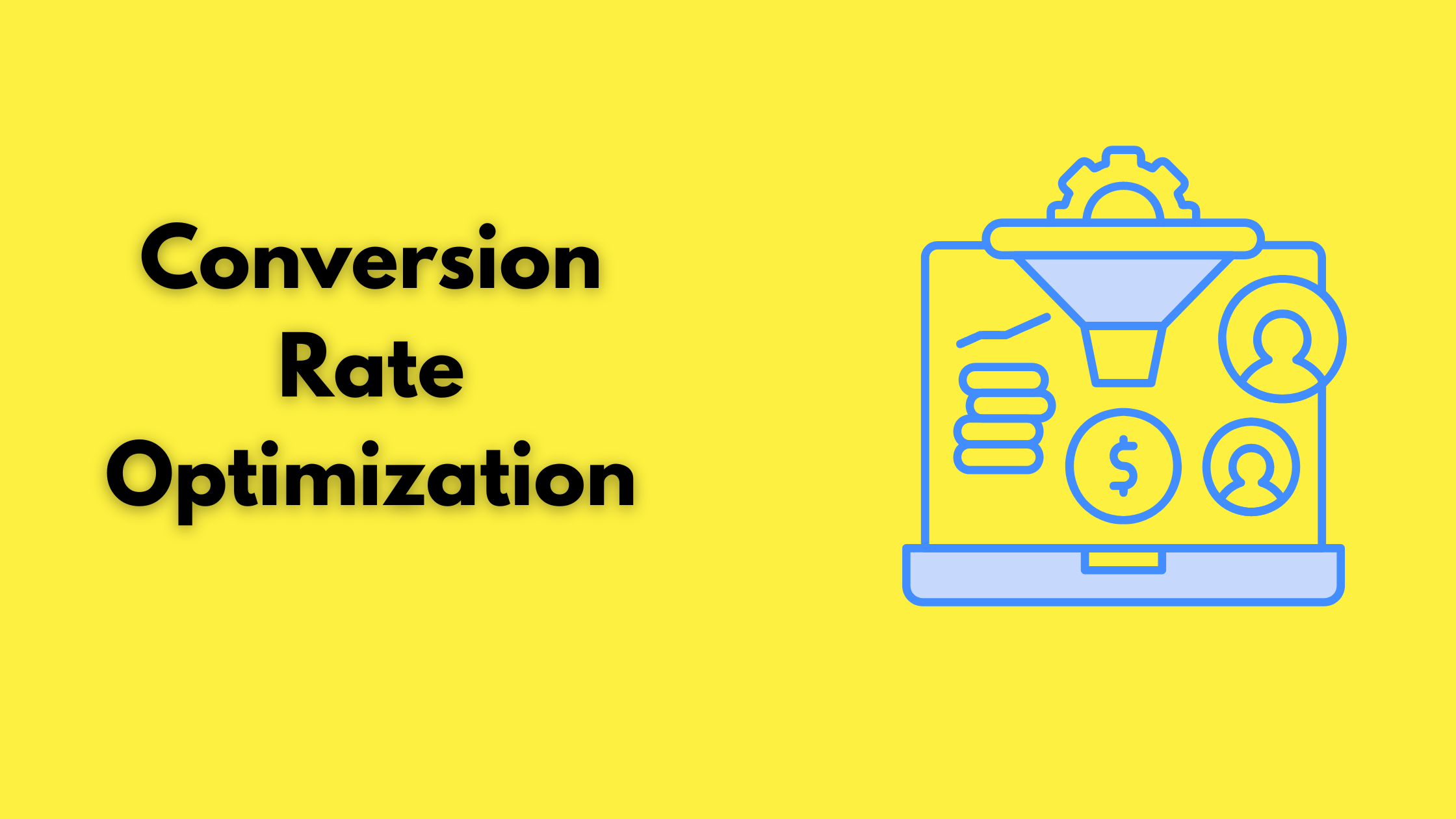

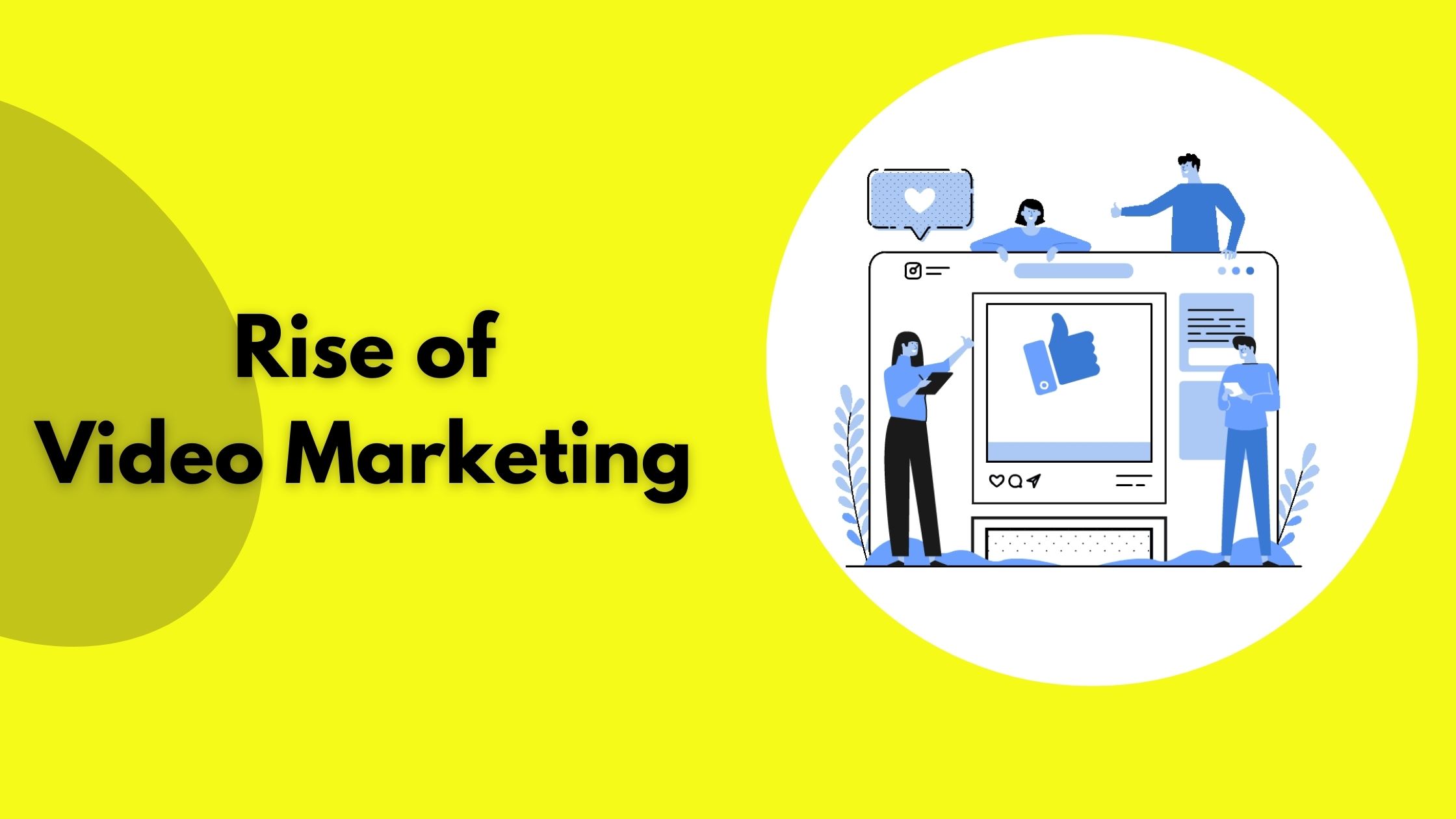




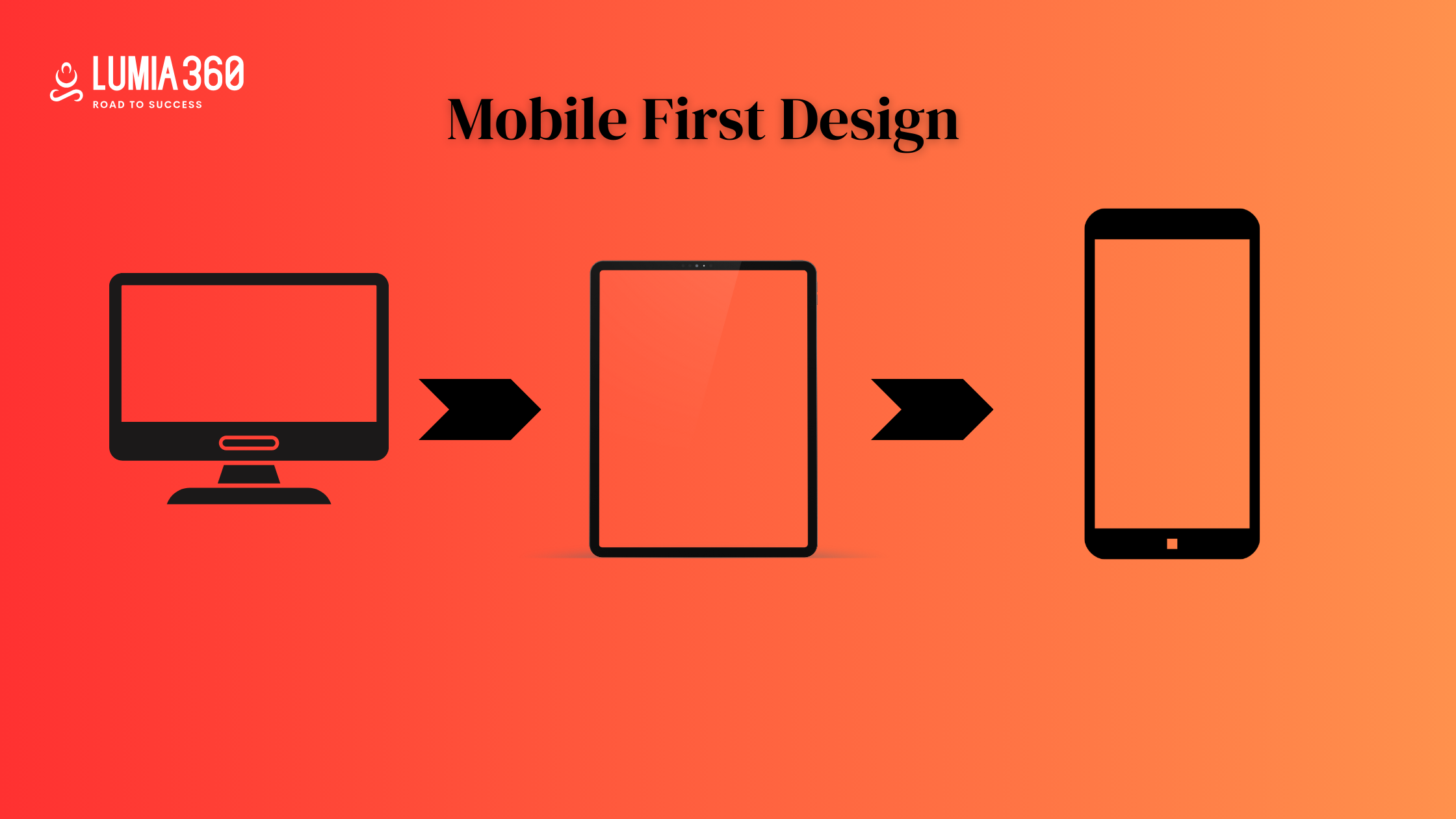

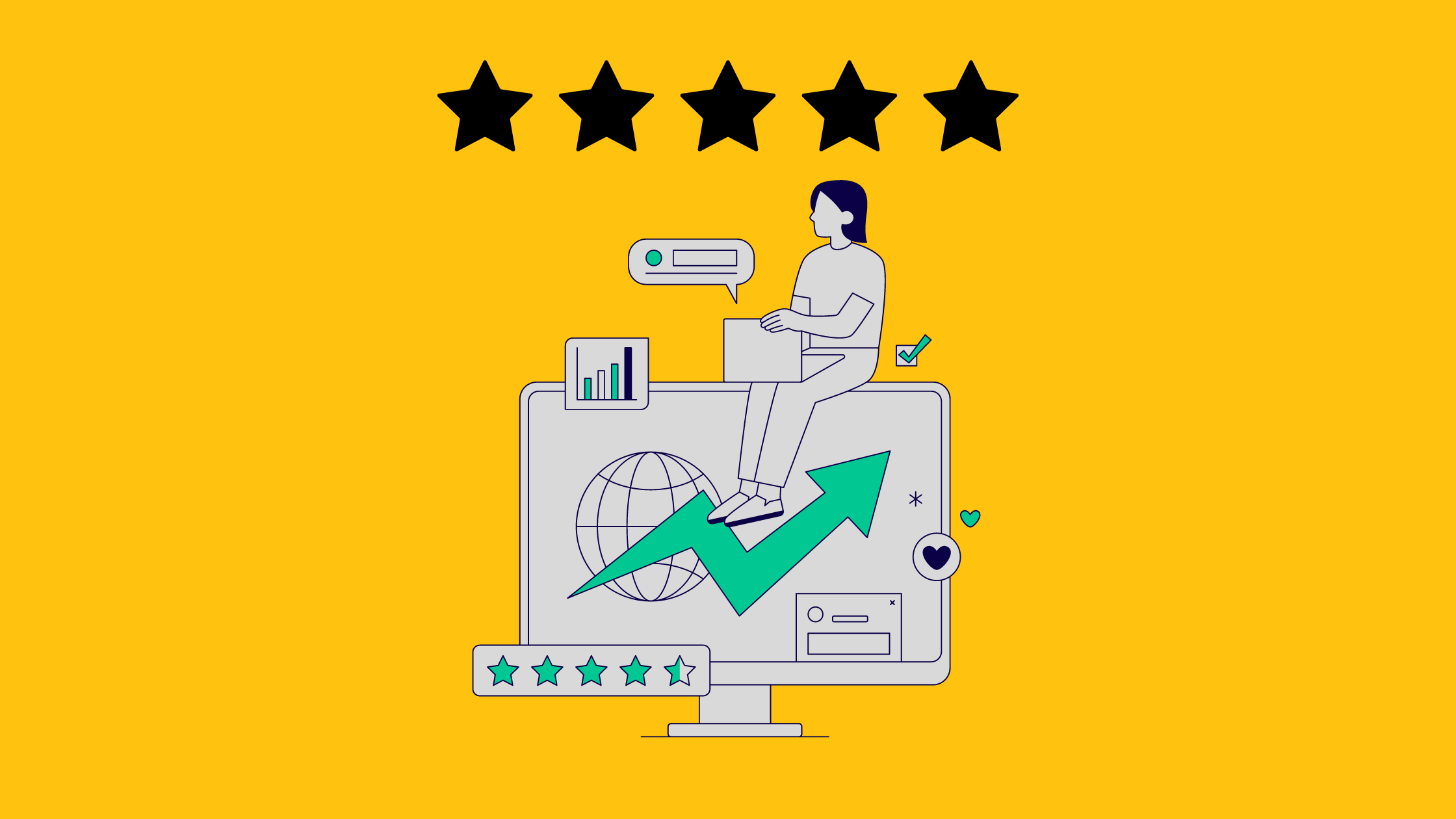










1 Comment
[…] and behaviors. For instance, if you’re targeting USA users, you may want to focus on social media platforms like WhatsApp, Facebook, and Instagram, which are widely used in the […]